Ginkgo Biloba: The Tree of Longevity

Ginkgo biloba, commonly known as the “Silver Apricot” or “Maidenhair” tree is a living fossil that remains a botanical scientific anomaly.
With genes that help it stand out as one of the few trees that live well above 1000 years, ginkgo is the botanical symbol of longevity.
Perhaps what is, even more, shocking about ginkgo is that it demonstrates resilience to maintain its exact same genetic blueprint from 300 million years ago (1).
Brain Shaped Leaves
When the traditional healers employed the “Doctrine of Signatures” (The theory that the shape of a plant tells you what it is good for) they were looking for practical ways to engrave the wisdom of years of trial and error into the mind of the upcoming generations.
Some plants appear to fit the doctrine of signatures while others happen to be less perfect fits.
For ginkgo, the fit is almost astonishing as the plant’s leaves look exactly like a cross-section of the two lobes of the brain.
Faithful to its theme of longevity, Ginkgo biloba is shown to enhance brain health, help with memory, protect against geriatric diseases,and protect against neurodegenerative diseases (2).
The Most Studied Extract of Ginkgo Biloba
The best-studied extract of Ginkgo biloba is a standardized extract known as EGb 761. The following are the criteria of an EGb 761 Ginkgo extract:
-
24% flavonoid glycosides
-
6% terpene lactones
-
Less than 5ppm ginkgolic acid (3)
Other Active Constituents Include
-
Flavones, flavonols, tannins, biflavones (amentoflavone, bilobetol, 5-methoxybilobetol, ginkgetin, isoginkgetin and sciadopitysin), and associated glycosides of quercitin and kaempferol attached to 3-rhamnosides, 3-rutinosides, or p-coumaric esters (4)
Mechanism of Action

Ginkgo leaf extract is active due to its:
-
Antioxidant effect
-
Anti-platelet properties (Anti-PAF)
-
Inhibitor of amyloid peptide (a key player in the development of Alzheimer’s disease)
-
Preventative of neurodegeneration
-
Preventative of Alzheimer’s disease progression
-
Enhances blood flow
-
Has a positive effect on vascular fatty streaks
-
Quercetin reduces neuron apoptosis (programmed cell death) (5)
Ginkgo Biloba as an Antioxidant
Ginkgo biloba is thought to have both direct free radical scavenging effects as well as indirect free radical formation inhibiting effects.
As a scavenger of reactive oxygen species (ROS), Ginkgo biloba appears to support the body’s own ROS scavenging systems including:
-
Super Oxide Dismutase
-
Glutathione Peroxidase
-
Catalase
-
Heme Oxidase (2,5,6)
Additionally, research demonstrates that Ginkgo biloba enhances mitochondrial enzymes.
The mitochondrion is a unique cellular organelle that is regarded as the battery of the cell.
As the organelle that synthesizes cellular energy, mitochondria power all the functions of the cells. Ginkgo is demonstrated to:
-
Increase mitochondrial enzymes
-
Faster, more efficient energy making
-
Enhance mitochondrial generation
-
Increase cellular ATP (energy currency) levels (4-7)
Ginkgo Biloba as a Systemic Anti-inflammatory
In addition to enhancing the mitochondria, Ginkgo is shown to help neurological health as a high-quality anti-inflammatory.
Research has demonstrated over and over again that many chronic neurological, as well as psychological issues, are helped by a reduction in overall inflammation.
In fact, some studies even refer to conditions like depression as inflammatory conditions and demonstrate that controlling overall inflammation significantly helps with symptoms and with disease etiology.
Ginkgo biloba is shown to reduce inflammation by:
-
Inhibiting Cox 2 enzyme
-
Reducing prostaglandins (8,9)
Ginkgo Biloba as an Anti-Stress, Anti-Depression, Anti-PMS Agent
Ginkgo has demonstrated positive results as a supportive agent for age-related depression, and depression due to neurodegenerative diseases.
Moreover, it has demonstrated favourable results as a potential treatment for Premenstrual Syndrome (PMS) as it acts as both an anti-inflammatory that reduces premenstrual physical symptoms as well as an agent that enhances mood and supports emotional health.
Additionally, it was demonstrated to have a direct effect on receptor expression on the adrenal cortex, leading to the hypothesis that it may have a direct effect on enhancing stress adaptation (10,11).
Ginkgo Biloba for Lung Support
The original Chinese Medicine Doctors used fermented and cooked ginkgo nuts as a form of lung support.
They were used for cough and inflammatory conditions.
The leaves were used for purposes of enhancing circulation.
There also appears to be uses of the plant as a form of bladder inflammation remedy.
Some animal models point towards Ginkgo biloba acting as a lung-protective agent in periods of extreme inflammation. Further investigation is warranted (9,11,12)
Ginkgo Biloba for Cardiovascular Support
As a potent anti-oxidant, Ginkgo biloba acts as a potent lipid peroxidation inhibitor.
This means that it has the capability of stopping the fat stuck in arteries and veins from becoming oxidized and inflamed.
Thus, it prevents vascular tissue damage.
Perhaps more impressively, in animal models, it was demonstrated that the consumption of ginkgo leaf extract prior to cardiac surgery helps reduce the profusion-induced lipid peroxidation.
Thus it prevented ascorbate depletion, tissue necrosis and cardiac dysfunction.
Further research and trials on humans are warranted.
Overall, Ginkgo biloba appeared to enhance the recovery of cardiac cells after exposure to the stress of surgery (12, 14).
Use caution and never use a supplement without making your doctor fully aware as Ginkgo biloba is also known to be a blood thinner and may impede healthy coagulation after surgery (13-16).
Ginkgo biloba may safely enhance cognitive function, act as an anti-oxidant and provide healthy mood support for people of all ages.
Always look for a leaf extract supplement that is standardized and keep in mind that ginkgo may require 6 weeks to function fully in your system.
References
-
Major RT. The ginkgo, the most ancient living tree: the resistance of Ginkgo biloba L. to pests accounts in part for the longevity of this species. Science. 1967 Sep 15;157(3794):1270-3.
-
Tan MS, Yu JT, Tan CC, Wang HF, Meng XF, Wang C, Jiang T, Zhu XC, Tan L. Efficacy and adverse effects of ginkgo biloba for cognitive impairment and dementia: a systematic review and meta-analysis. Journal of Alzheimer's disease. 2015 Jan 1;43(2):589-603.
-
DeFeudis FV, Drieu K. Ginkgo biloba extract (EGb 761) and CNS functions basic studies and clinical applications. Current drug targets. 2000 Jul 1;1(1):25-58.
-
Krieglstein J, Ausmeier F, El-Abhar H, Lippert K, Welsch M, Rupalla K, Henrich-Noack P. Neuroprotective effects of Ginkgo biloba constituents. European journal of pharmaceutical sciences. 1995 Feb 1;3(1):39-48.
-
Mahadevan S, Park Y. Multifaceted therapeutic benefits of Ginkgo biloba L.: chemistry, efficacy, safety, and uses. Journal of food science. 2008 Jan;73(1):R14-9.
-
Chen J, Zhang T, Jiang B, Mu W, Miao M. Characterization and antioxidant activity of Ginkgo biloba exocarp polysaccharides. Carbohydrate Polymers. 2012 Jan 4;87(1):40-5.
-
Eckert A. Mitochondrial effects of Ginkgo biloba extract. International psychogeriatrics. 2012 Aug;24(S1):S18-20.
-
Loggia RD, Sosa S, Tubaro A, Morazzoni P, Bombardelli E, Griffini A. Anti-inflammatory activity of some Ginkgo biloba constituents and of their phospholipid-complexes. Fitoterapia. 1996;67(3):257-64.
-
Xin Y, Nan C, Chun-Hua MA, Jing T, Jian-An B, Zong-Qi C, Zu-Tao CH, Li-Yan MI. Ginkgo biloba extracts attenuate lipopolysaccharide-induced inflammatory responses in acute lung injury by inhibiting the COX-2 and NF-κB pathways. Chinese journal of natural medicines. 2015 Jan 1;13(1):52-8.
-
Ozgoli G, Selselei EA, Mojab F, Majd HA. A randomized, placebo-controlled trial of Ginkgo biloba L. in treatment of premenstrual syndrome. The Journal of Alternative and Complementary Medicine. 2009 Aug 1;15(8):845-51.
-
Amri H, Ogwuegbu SO, Boujrad N, Drieu K, Papadopoulos V. In vivo regulation of peripheral-type benzodiazepine receptor and glucocorticoid synthesis by Ginkgo biloba extract EGb 761 and isolated ginkgolides. Endocrinology. 1996 Dec 1;137(12):5707-18.
-
Tao Z, Jin W, Ao M, Zhai S, Xu H, Yu L. Evaluation of the anti-inflammatory properties of the active constituents in Ginkgo biloba for the treatment of pulmonary diseases. Food & function. 2019;10(4):2209-20.
-
Mahady GB. Ginkgo biloba for the prevention and treatment of cardiovascular disease: a review of the literature. Journal of Cardiovascular Nursing. 2002 Jul 1;16(4):21-32.
-
Liu KX, Wu WK, He W, Liu CL. Ginkgo biloba extract (EGb 761) attenuates lung injury induced by intestinal ischemia/reperfusion in rats: roles of oxidative stress and nitric oxide. World journal of gastroenterology: WJG. 2007 Jan 14;13(2):299.
-
Li T, Zhang Y, Tian J, Yang L, Wang J. Ginkgo biloba pretreatment attenuates myocardial ischemia-reperfusion injury via mitoBKCa. The American journal of Chinese medicine. 2019 Jul 22;47(05):1057-73.







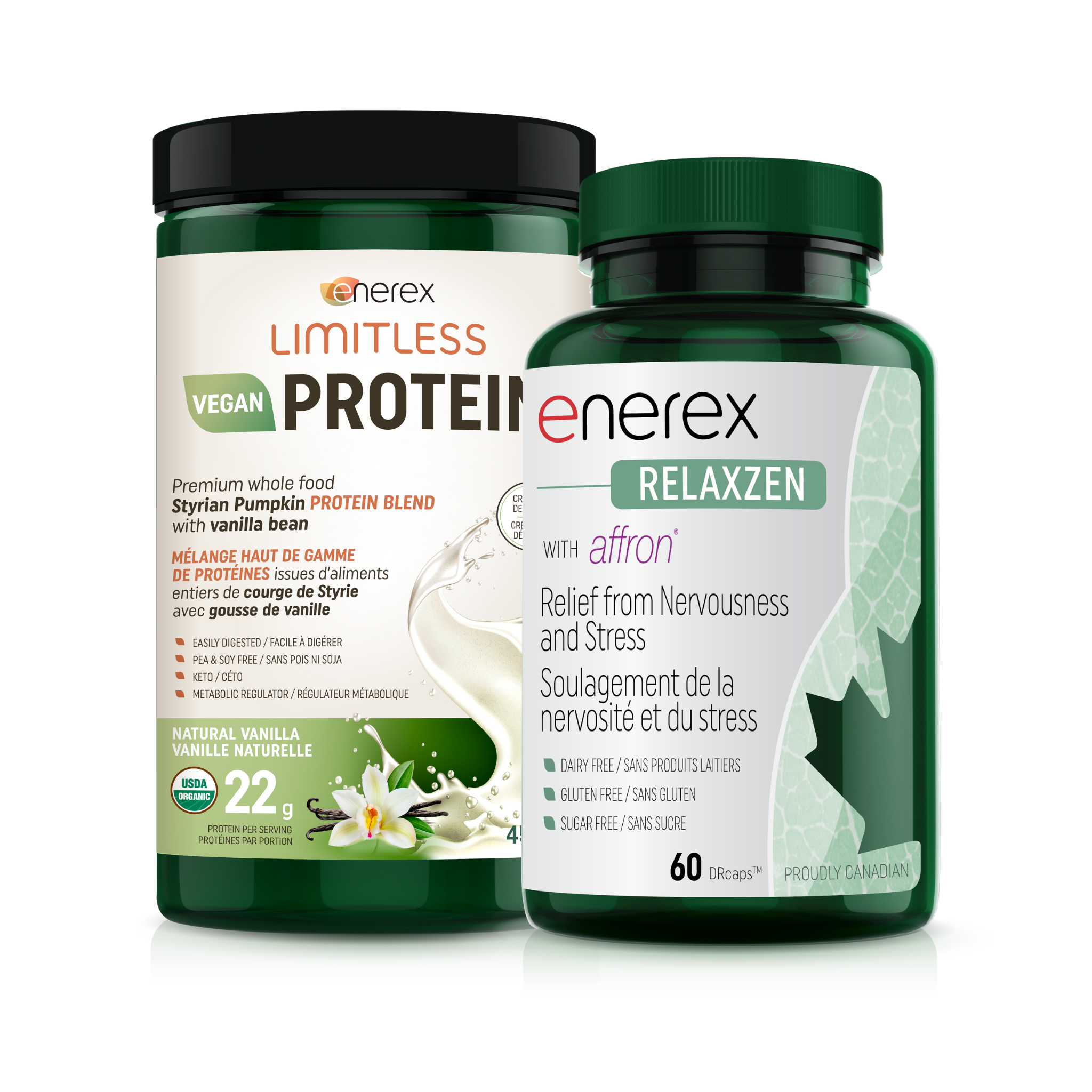
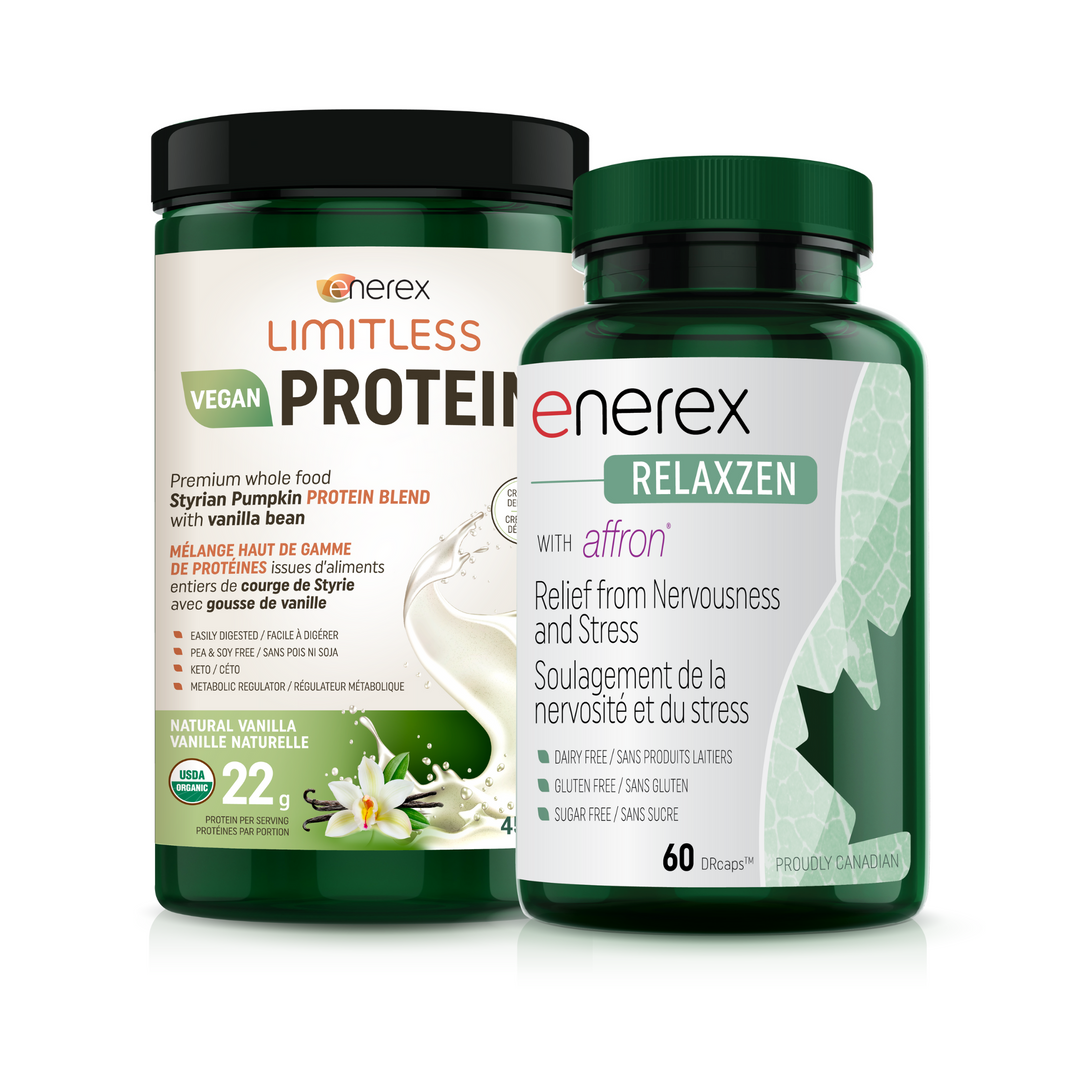
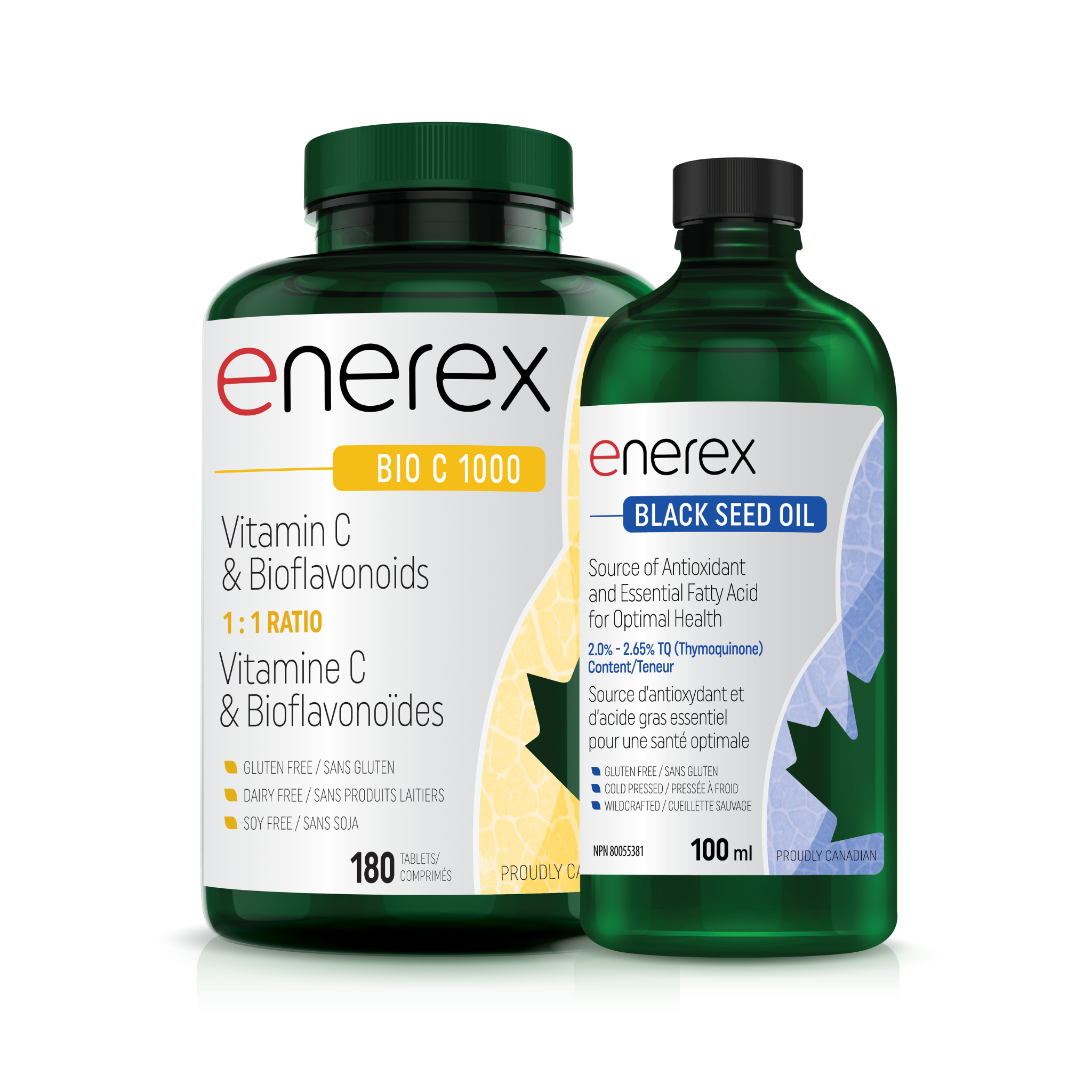
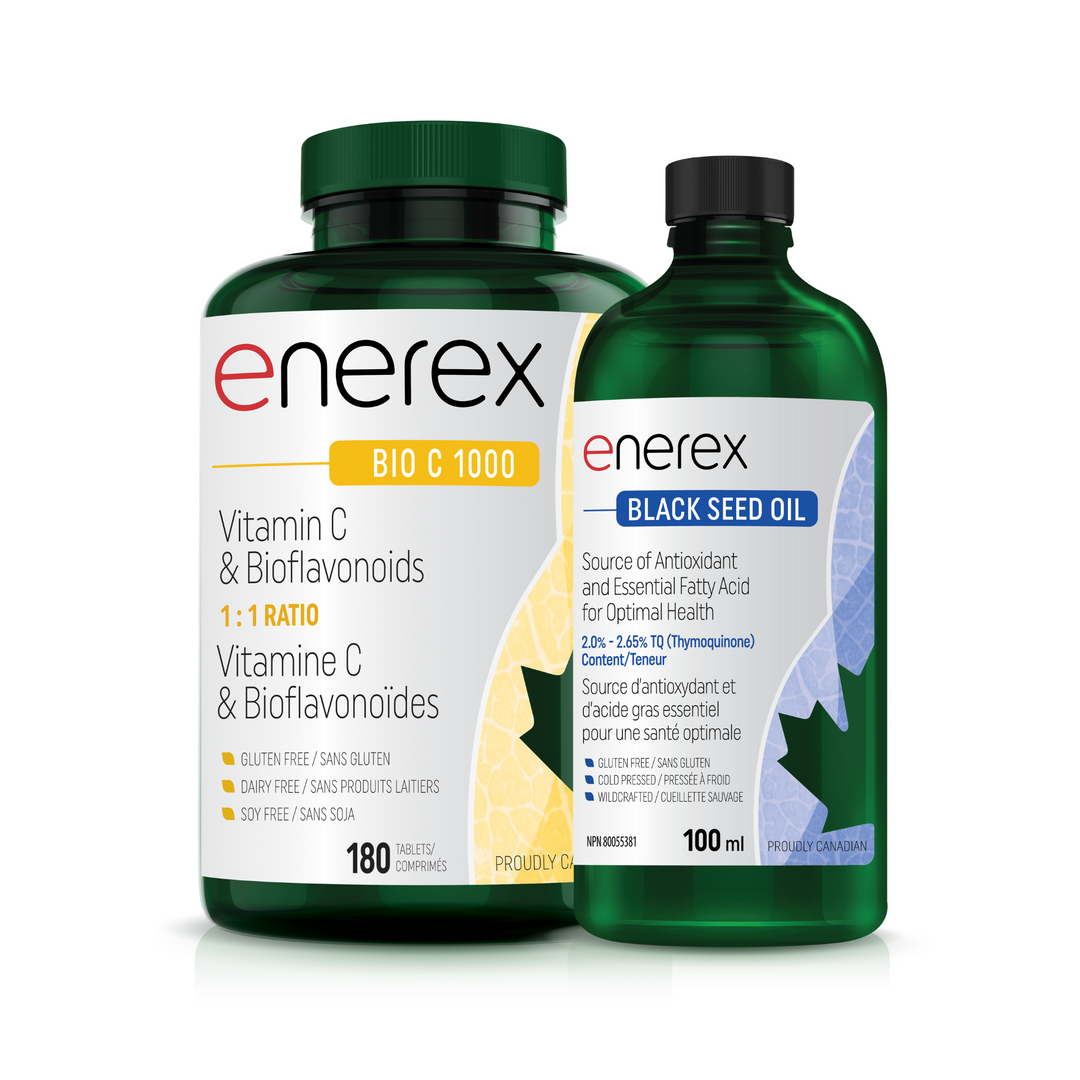
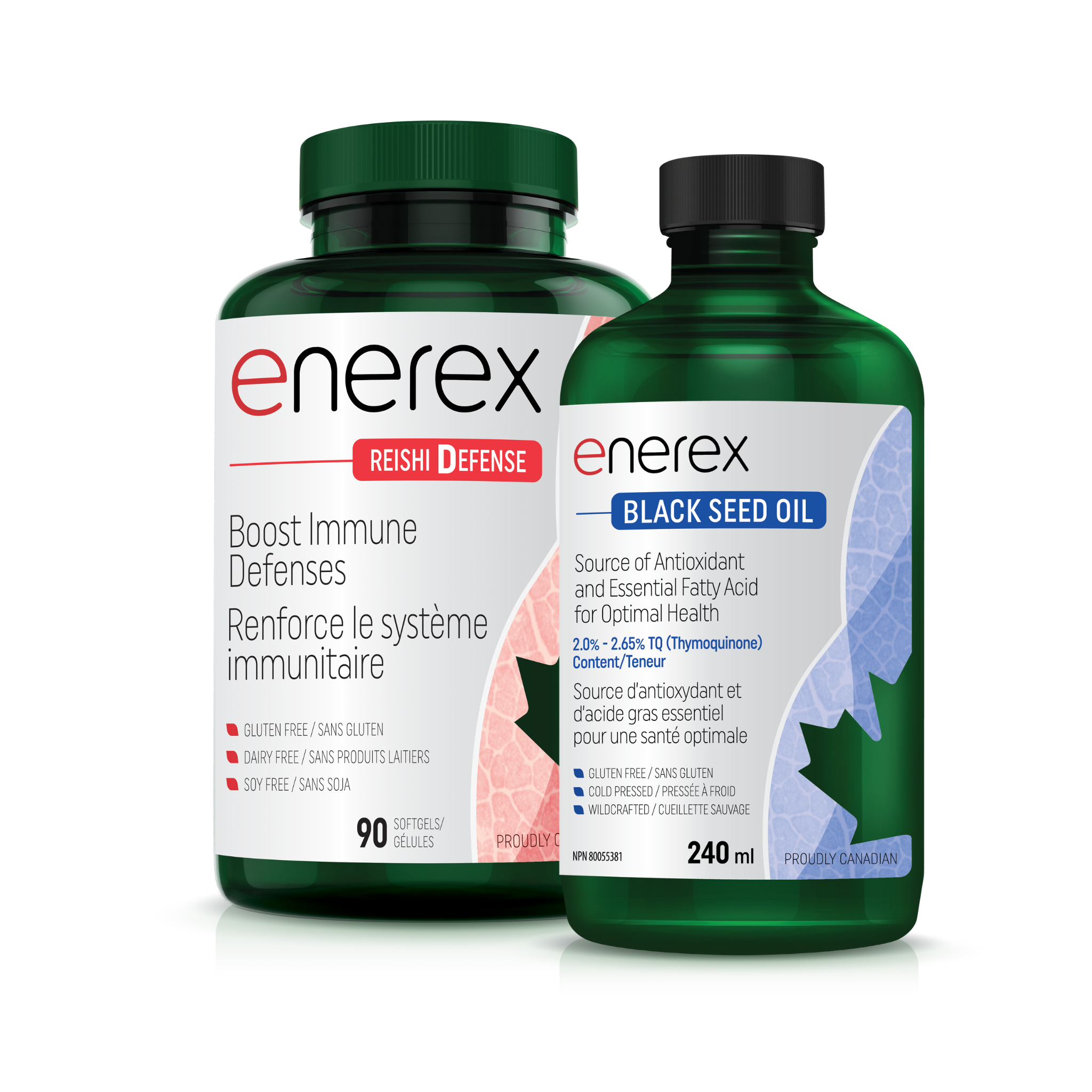
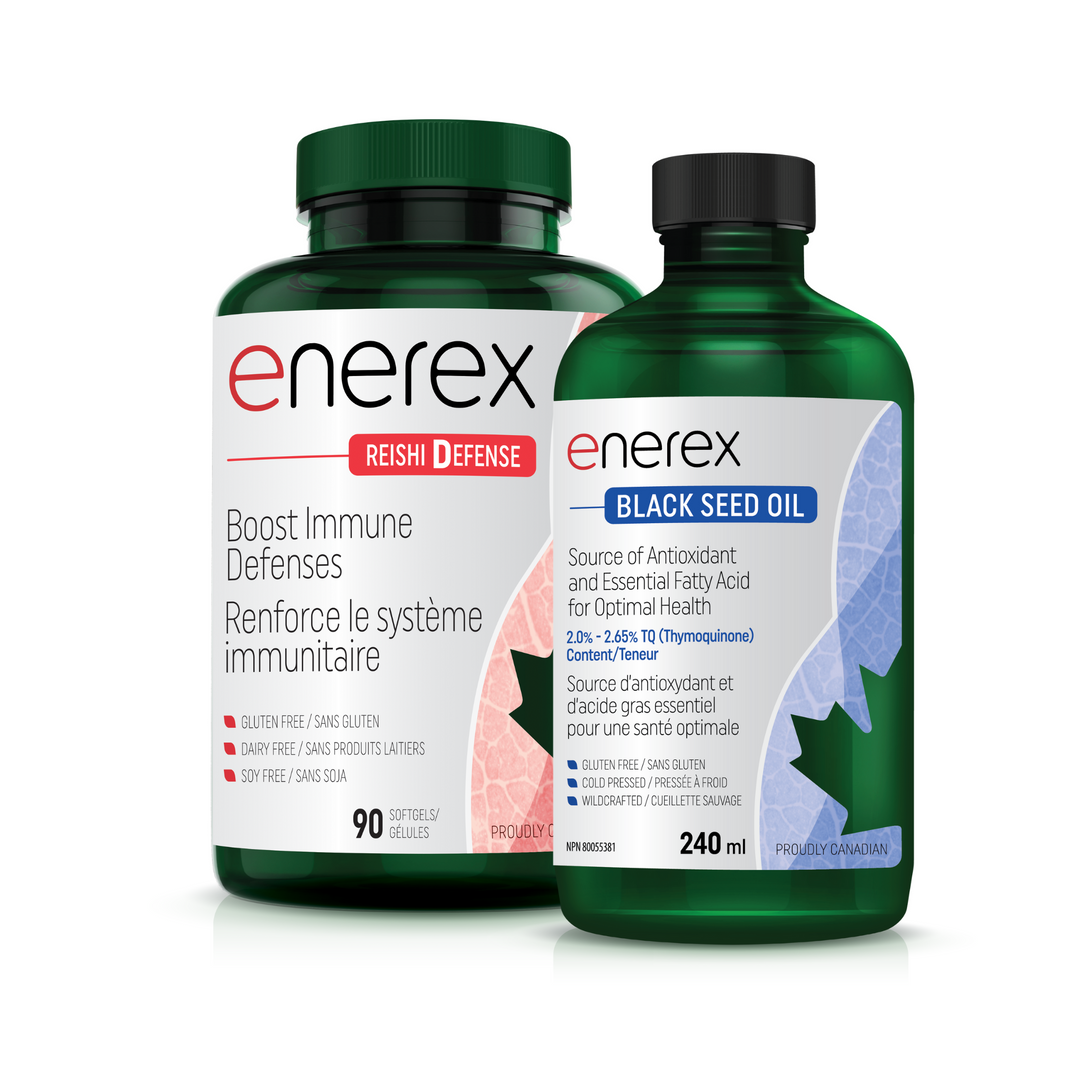
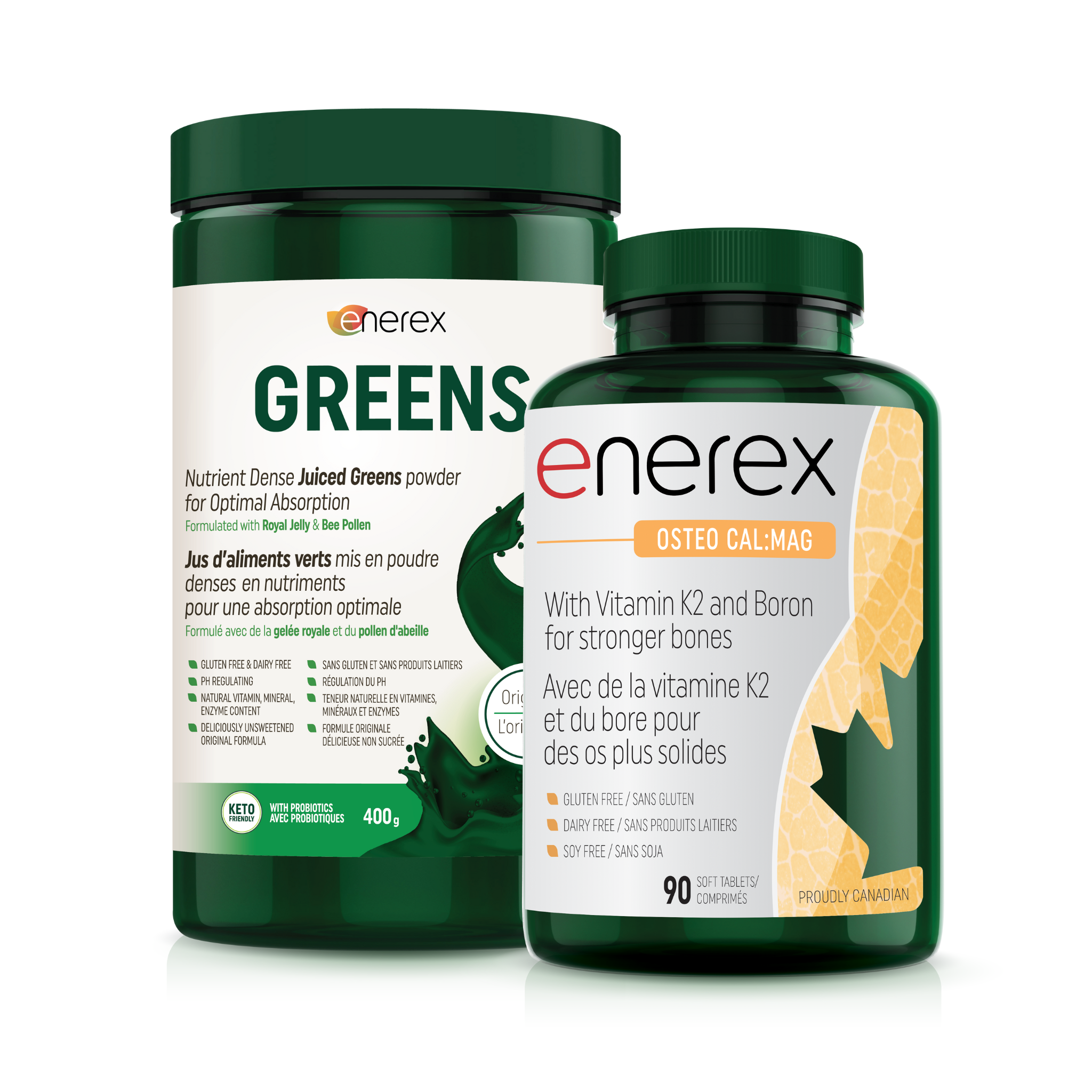
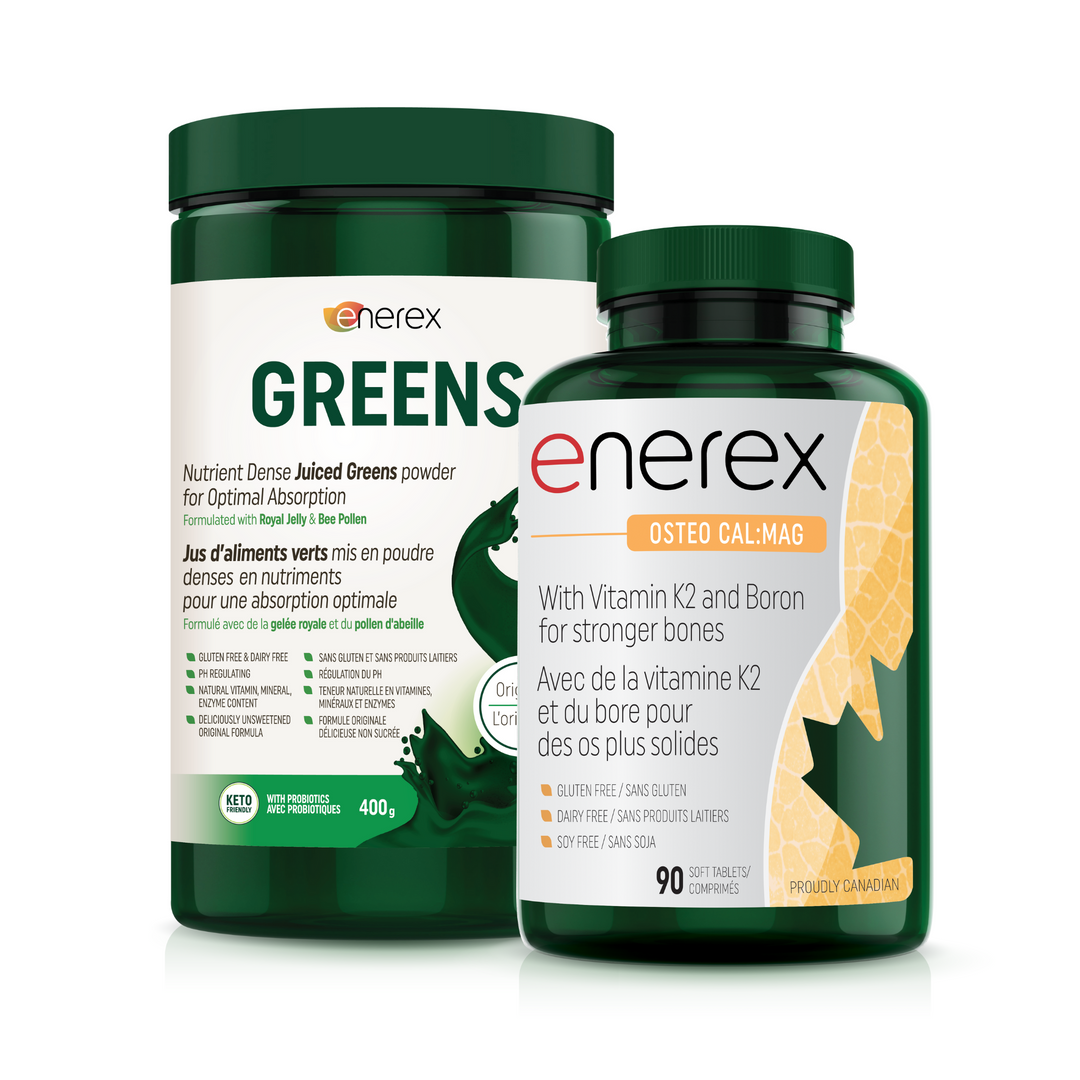
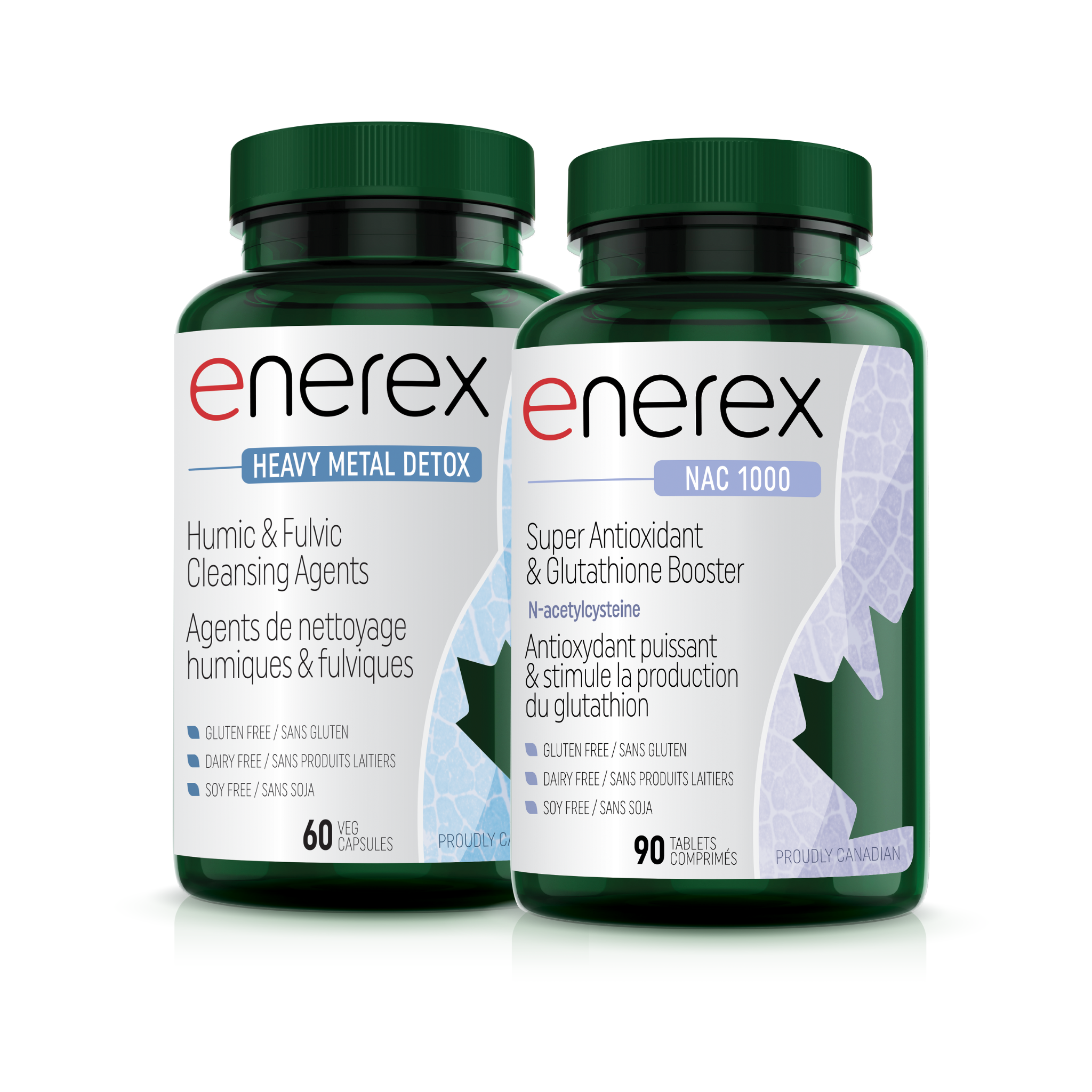
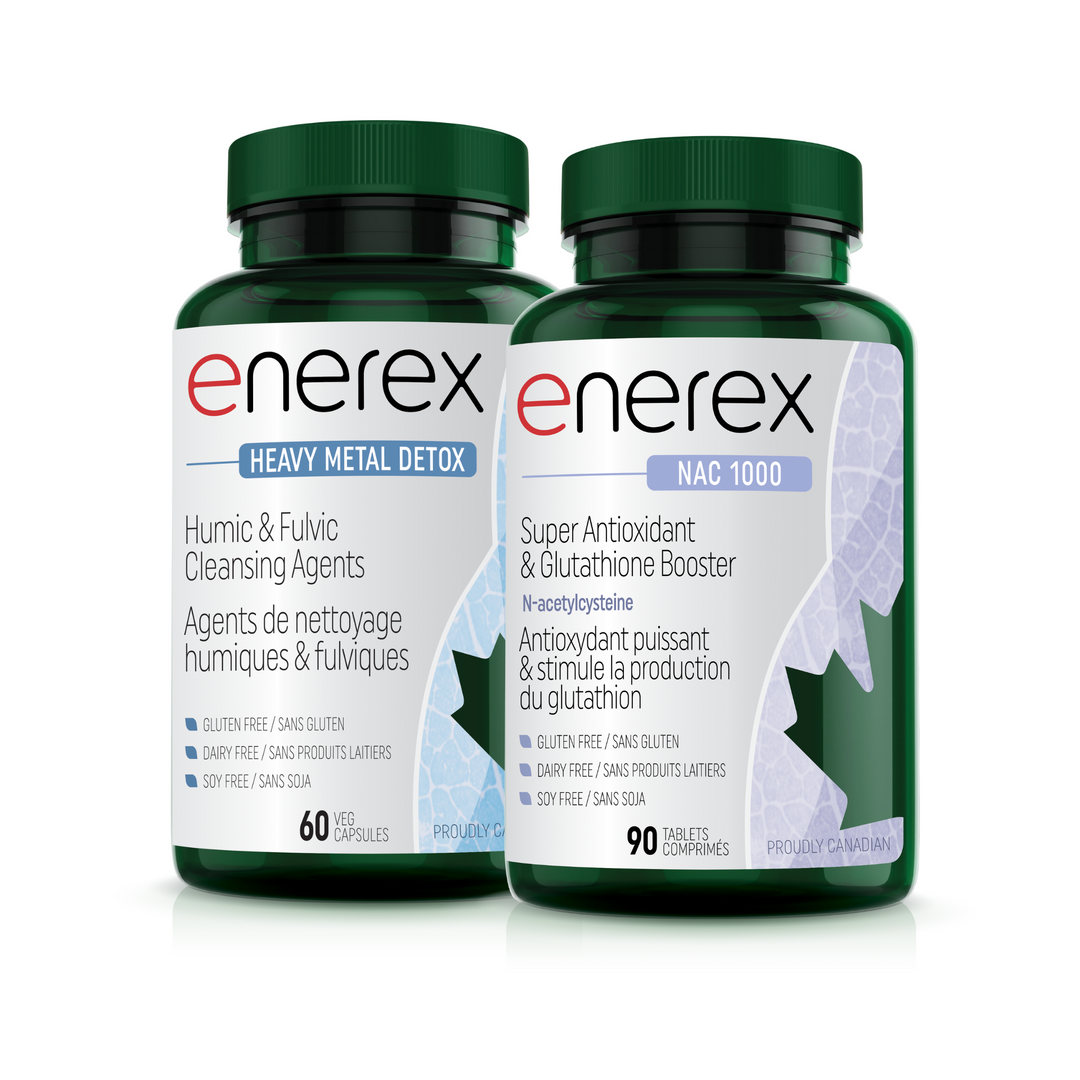
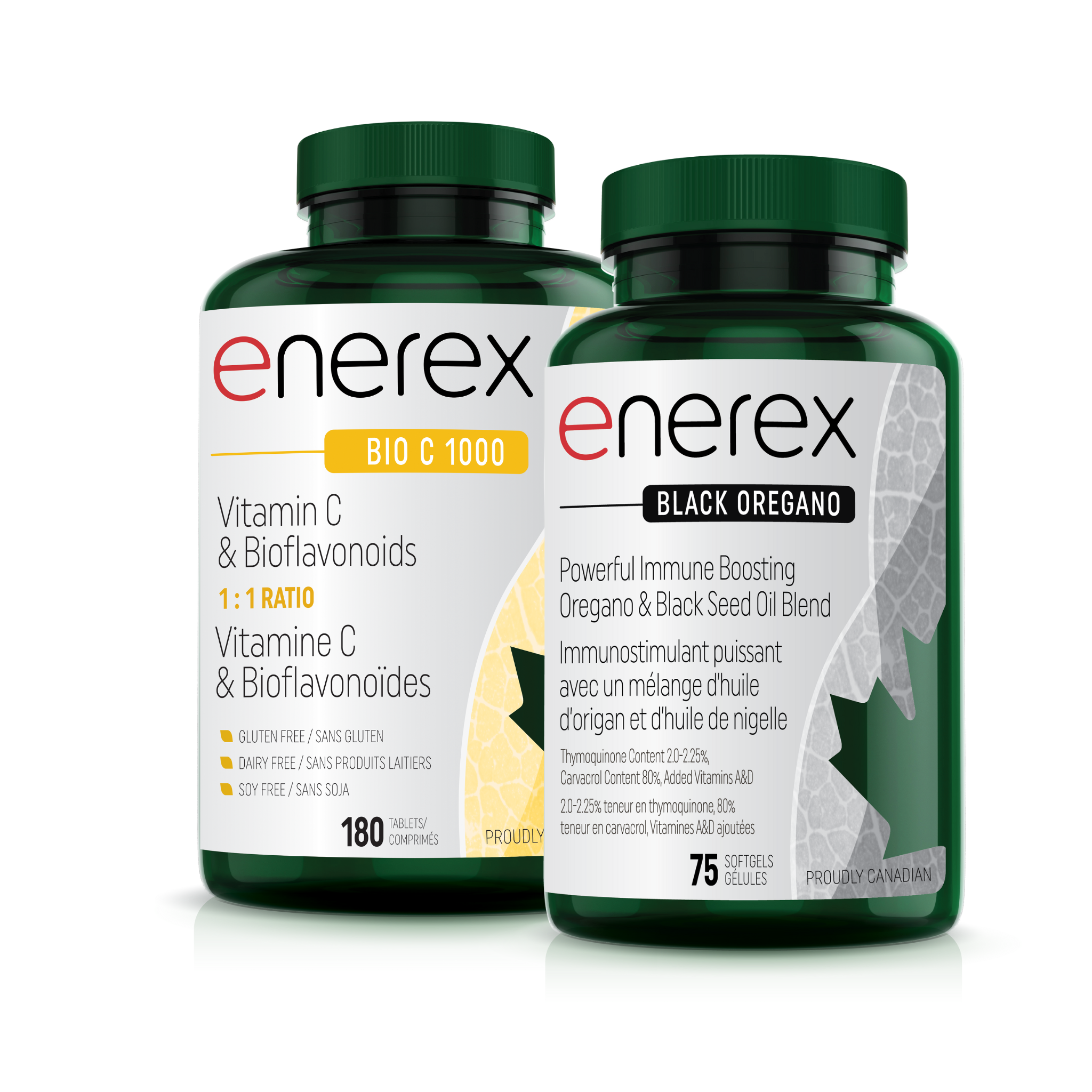
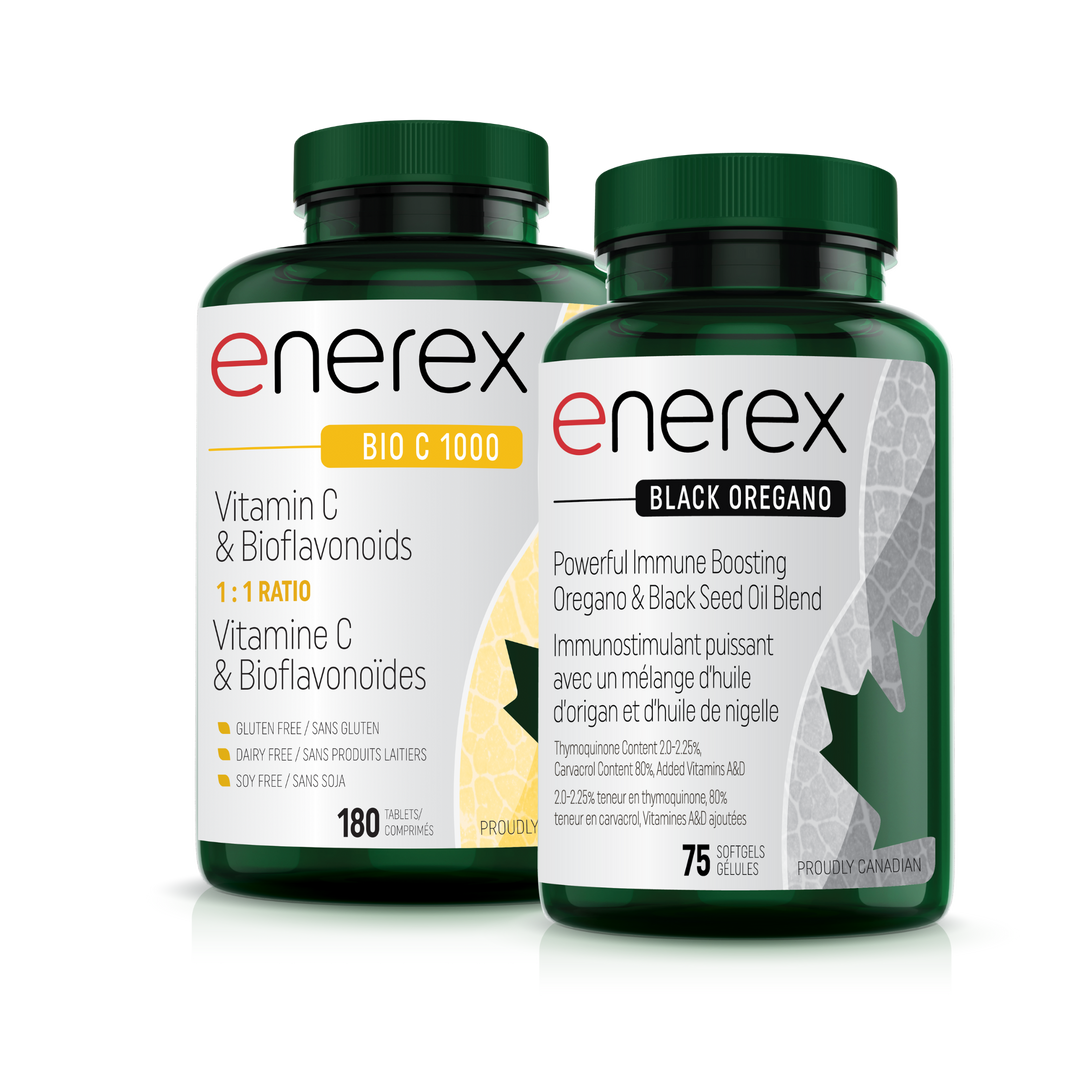
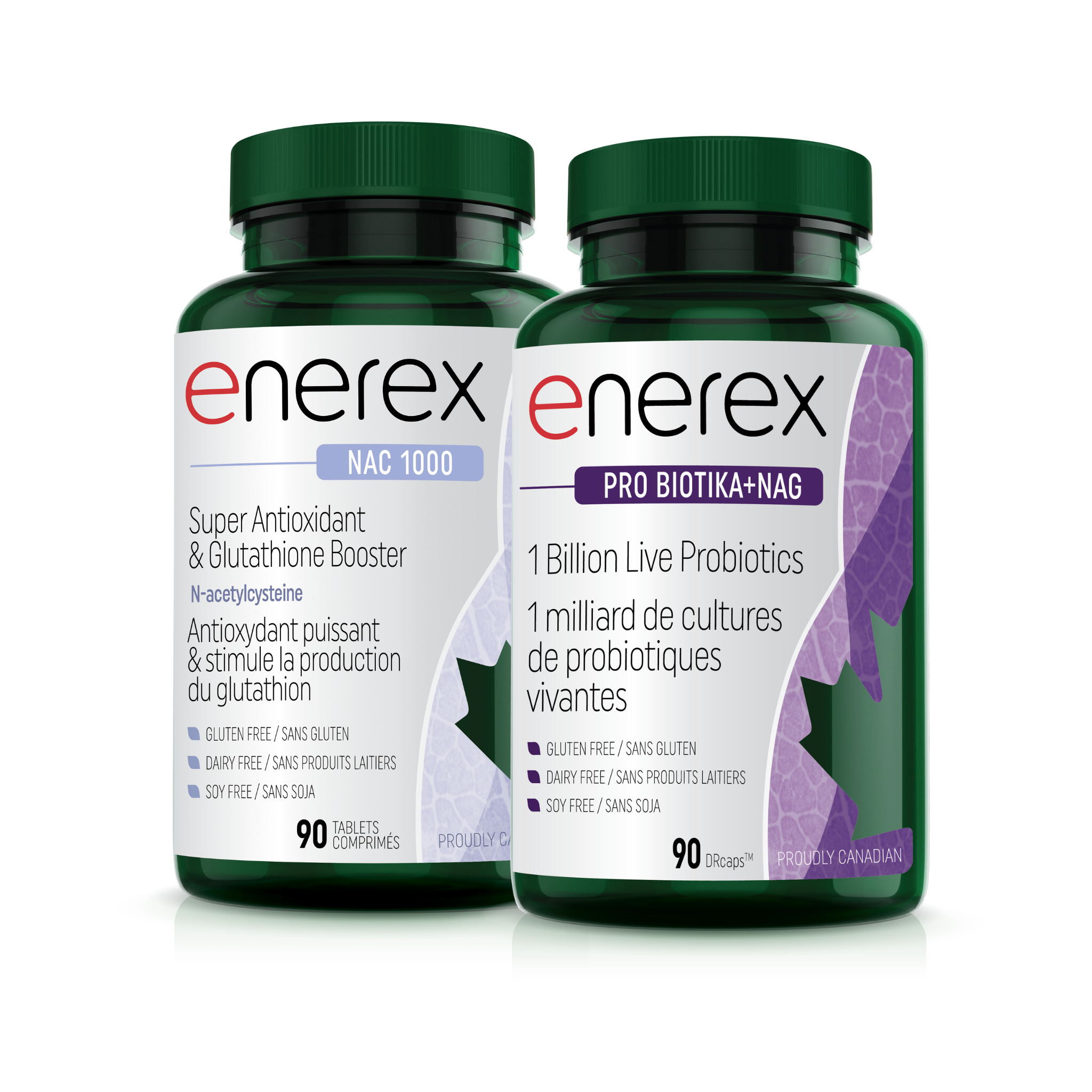
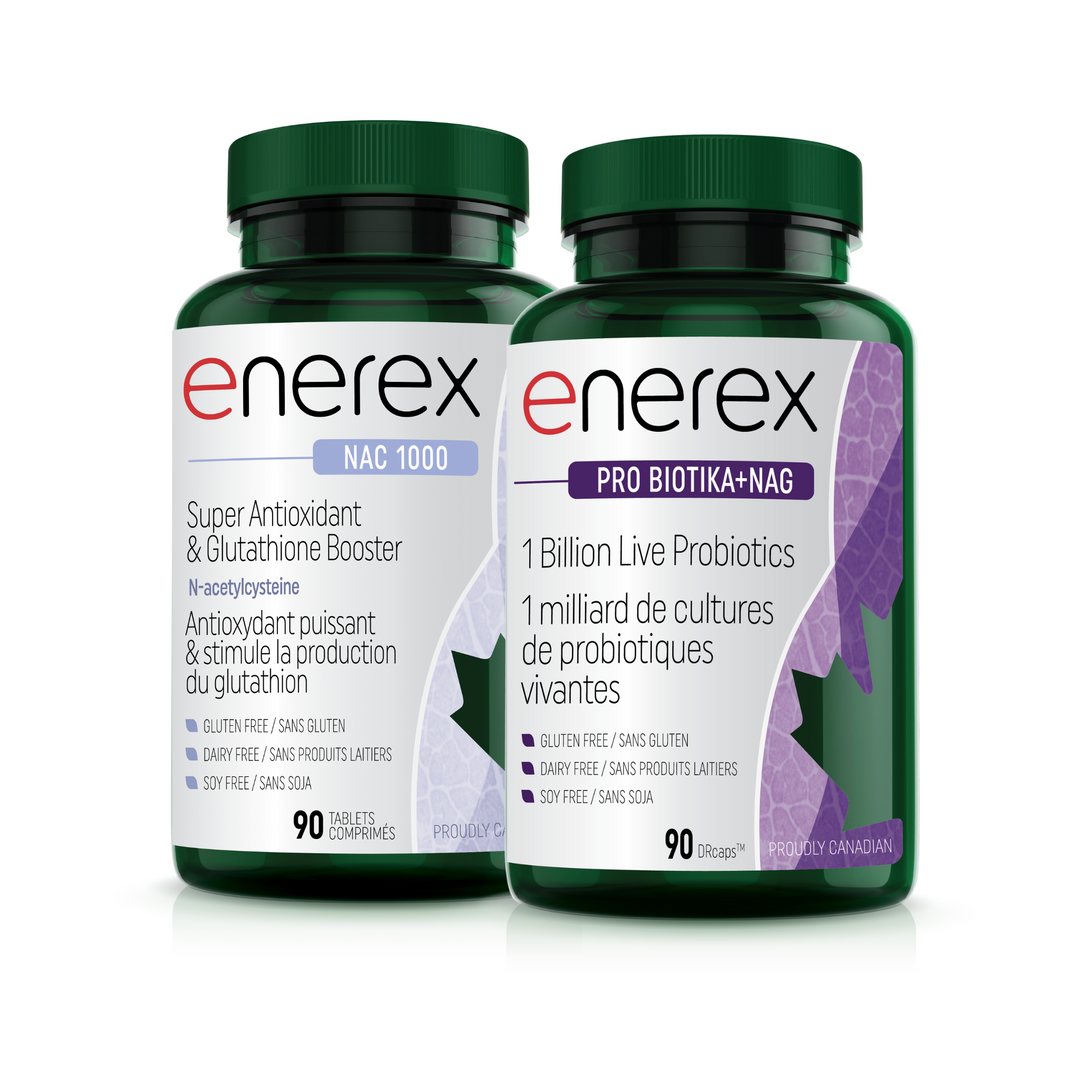
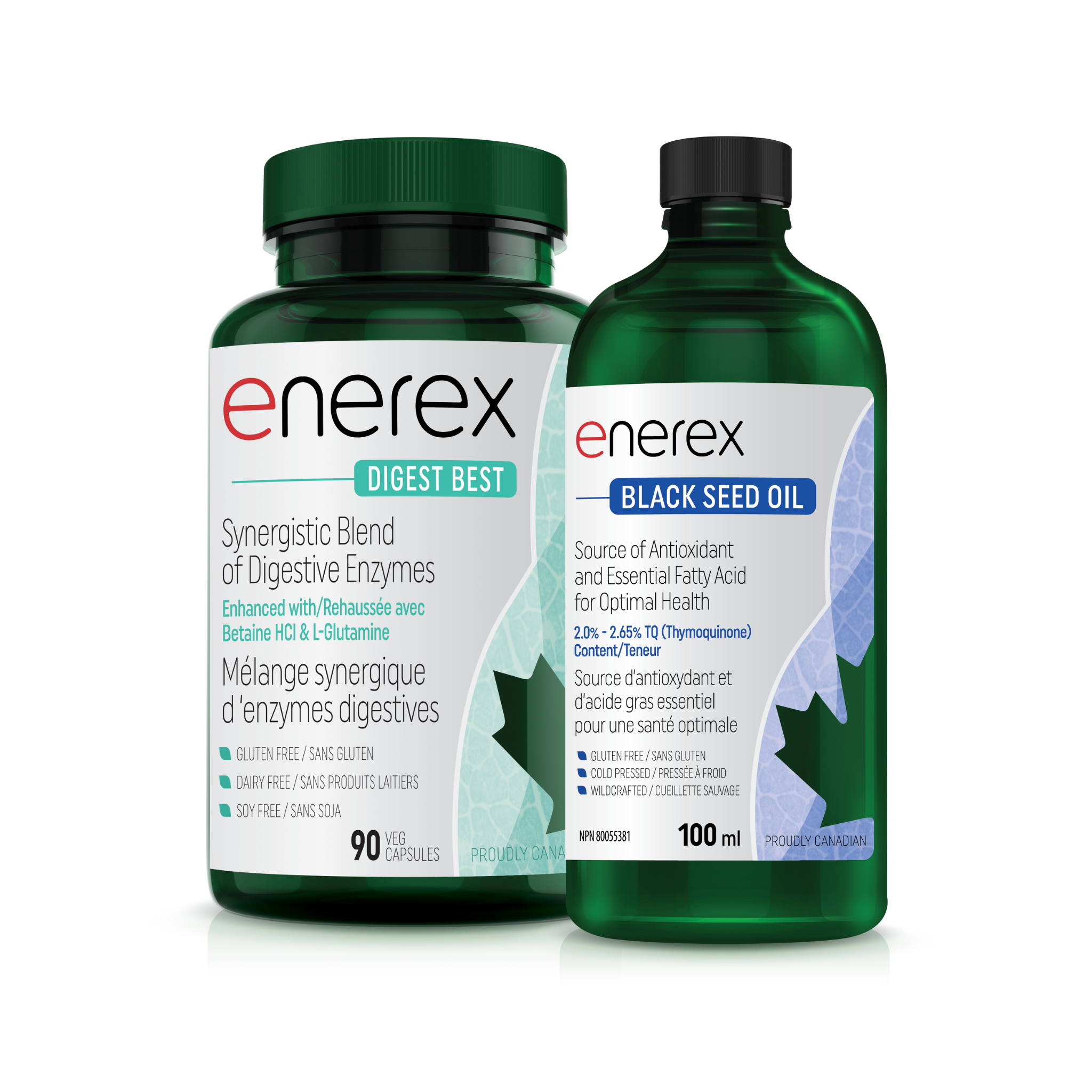
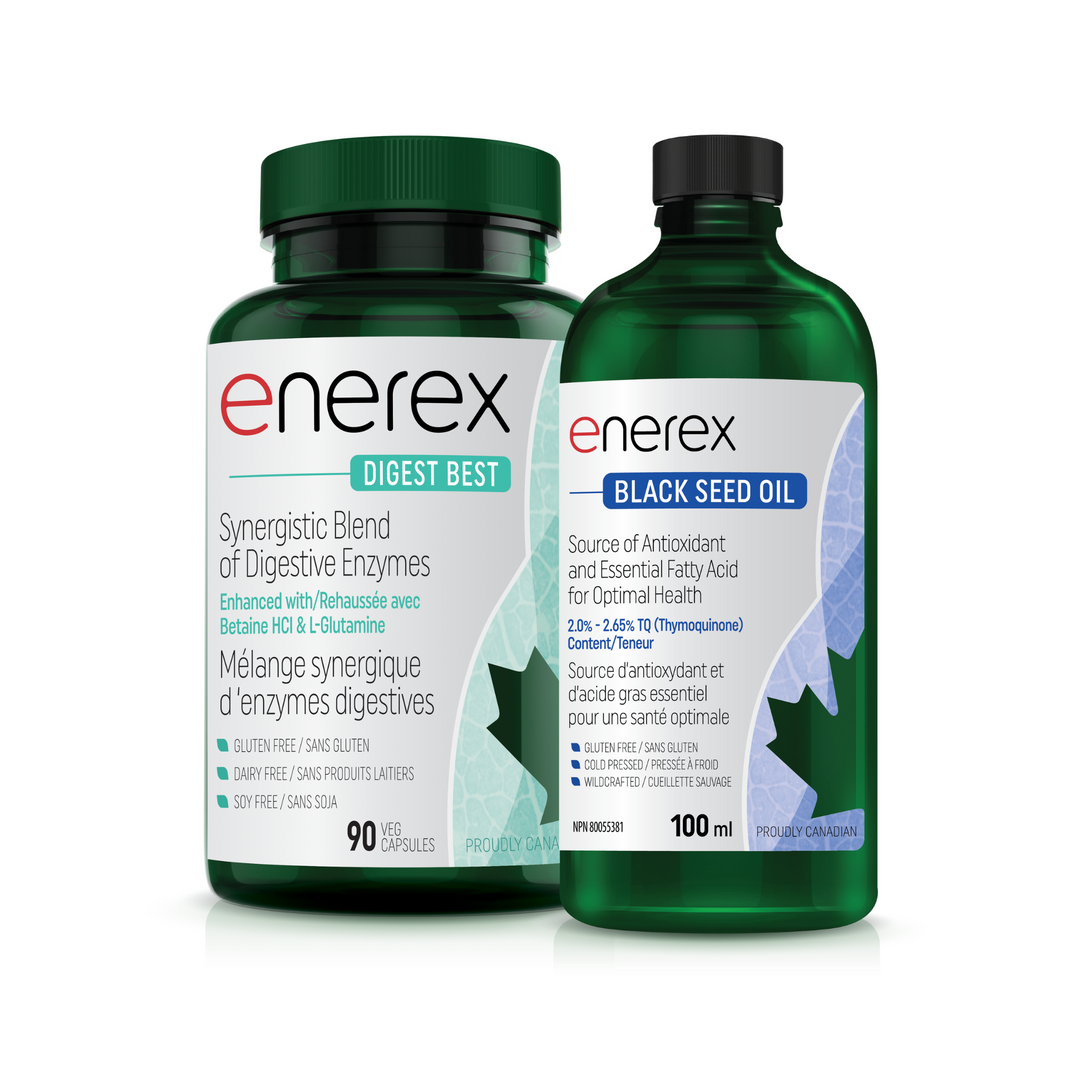
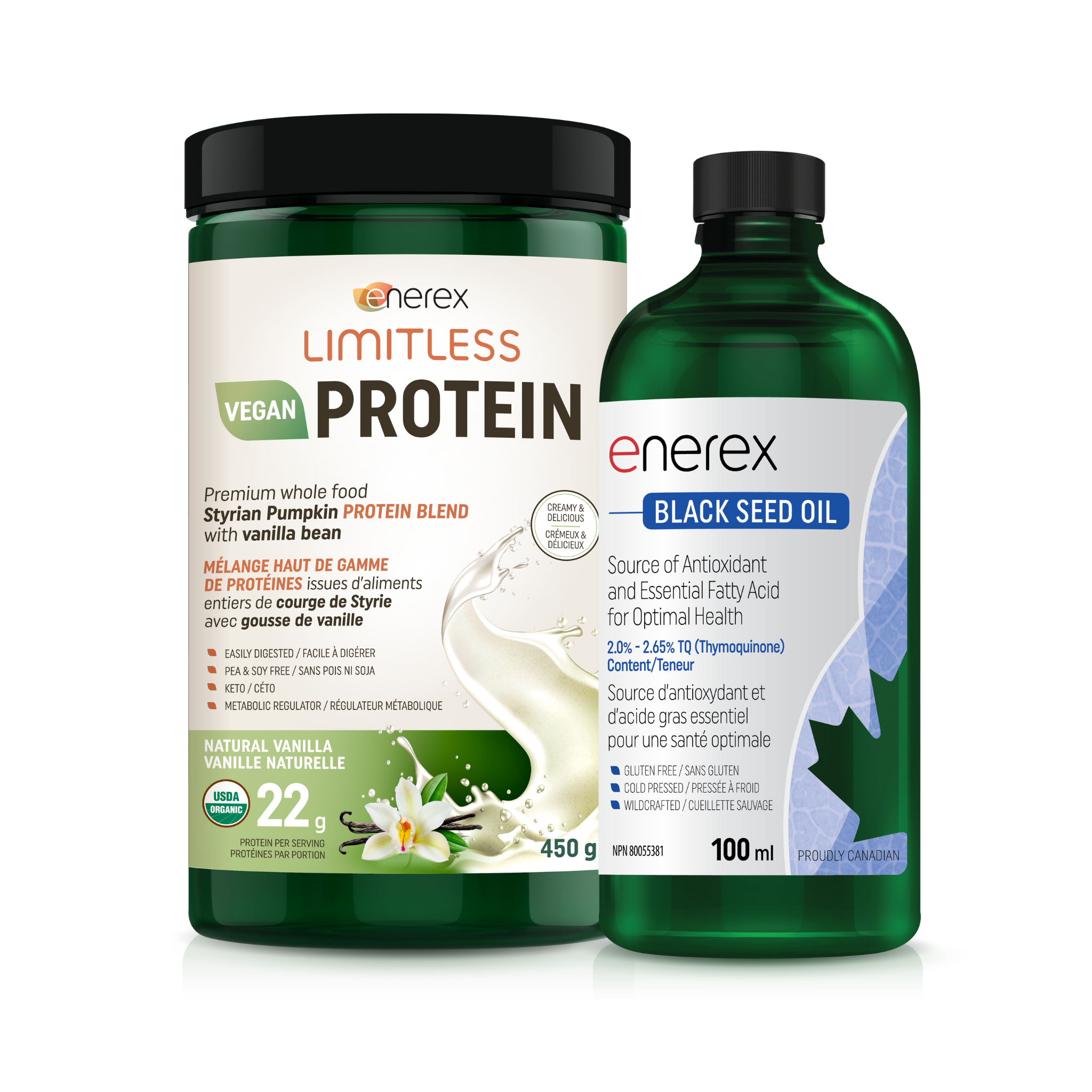
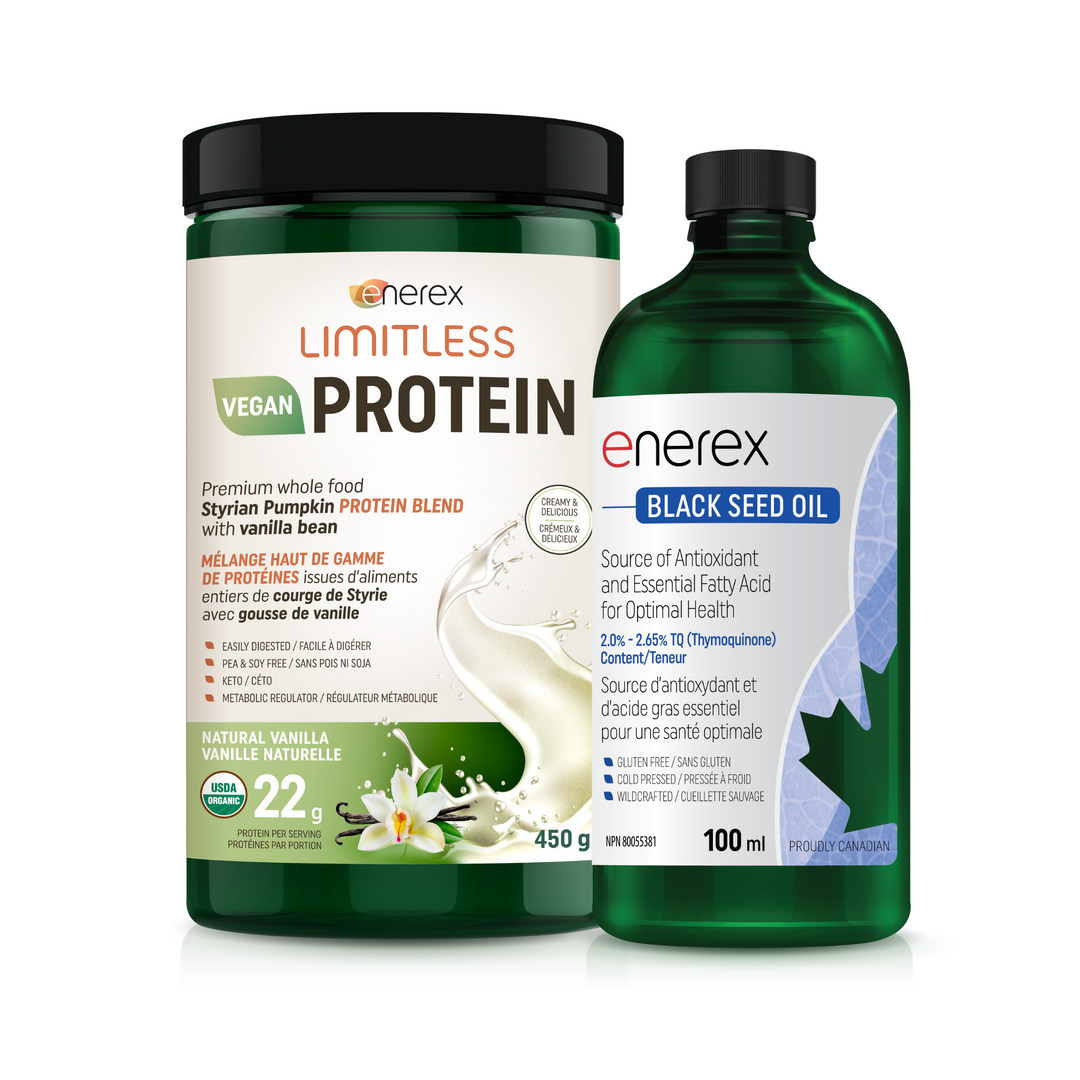
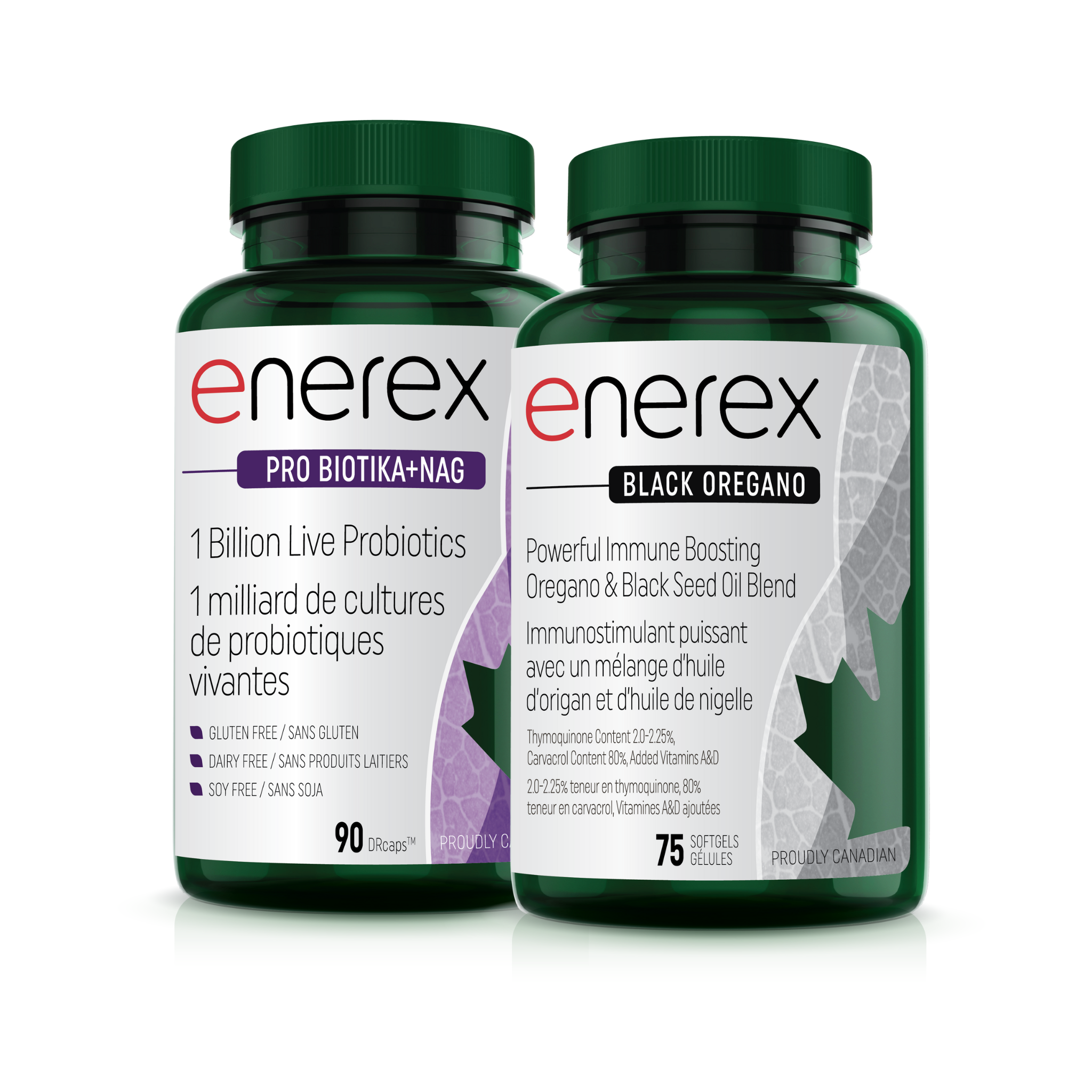
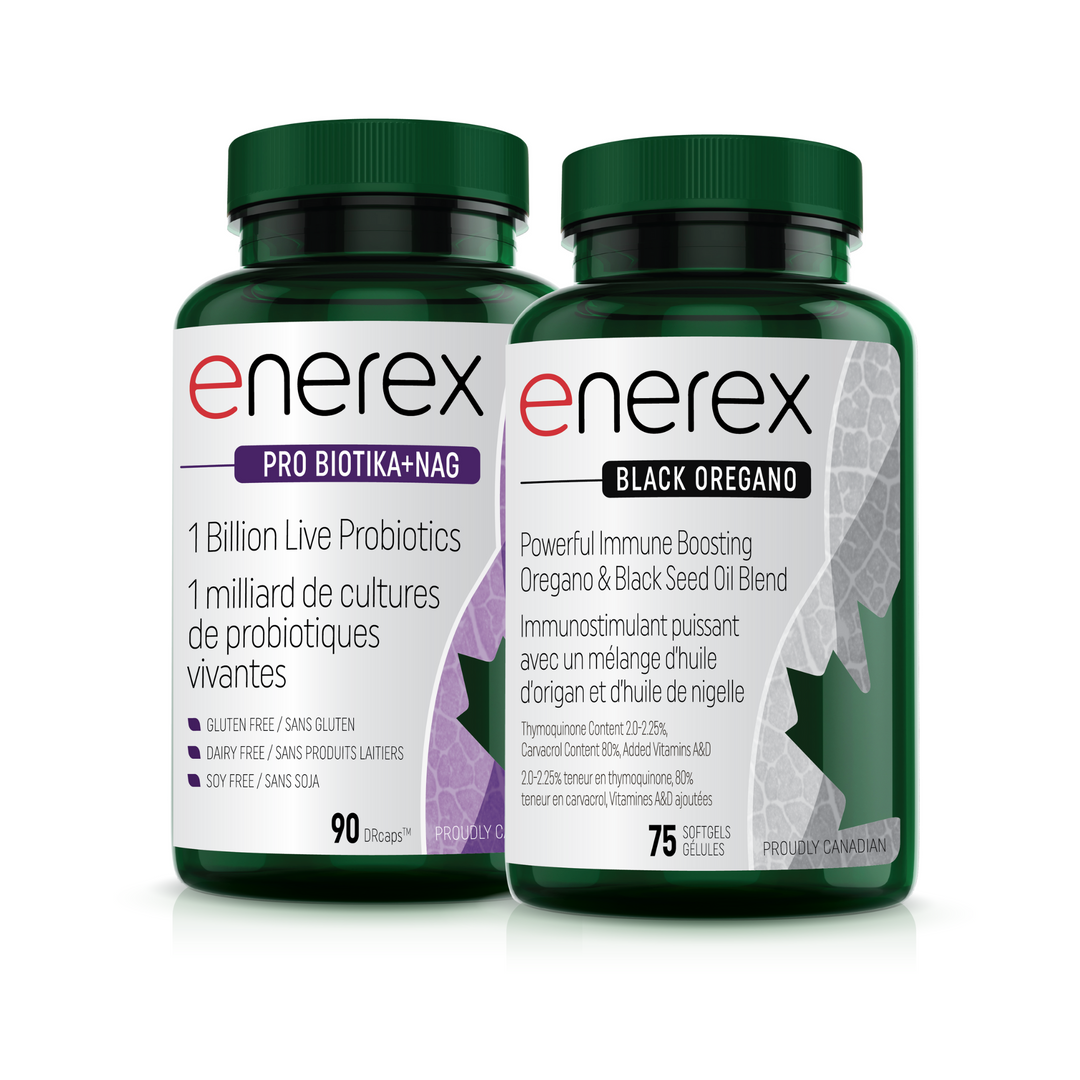
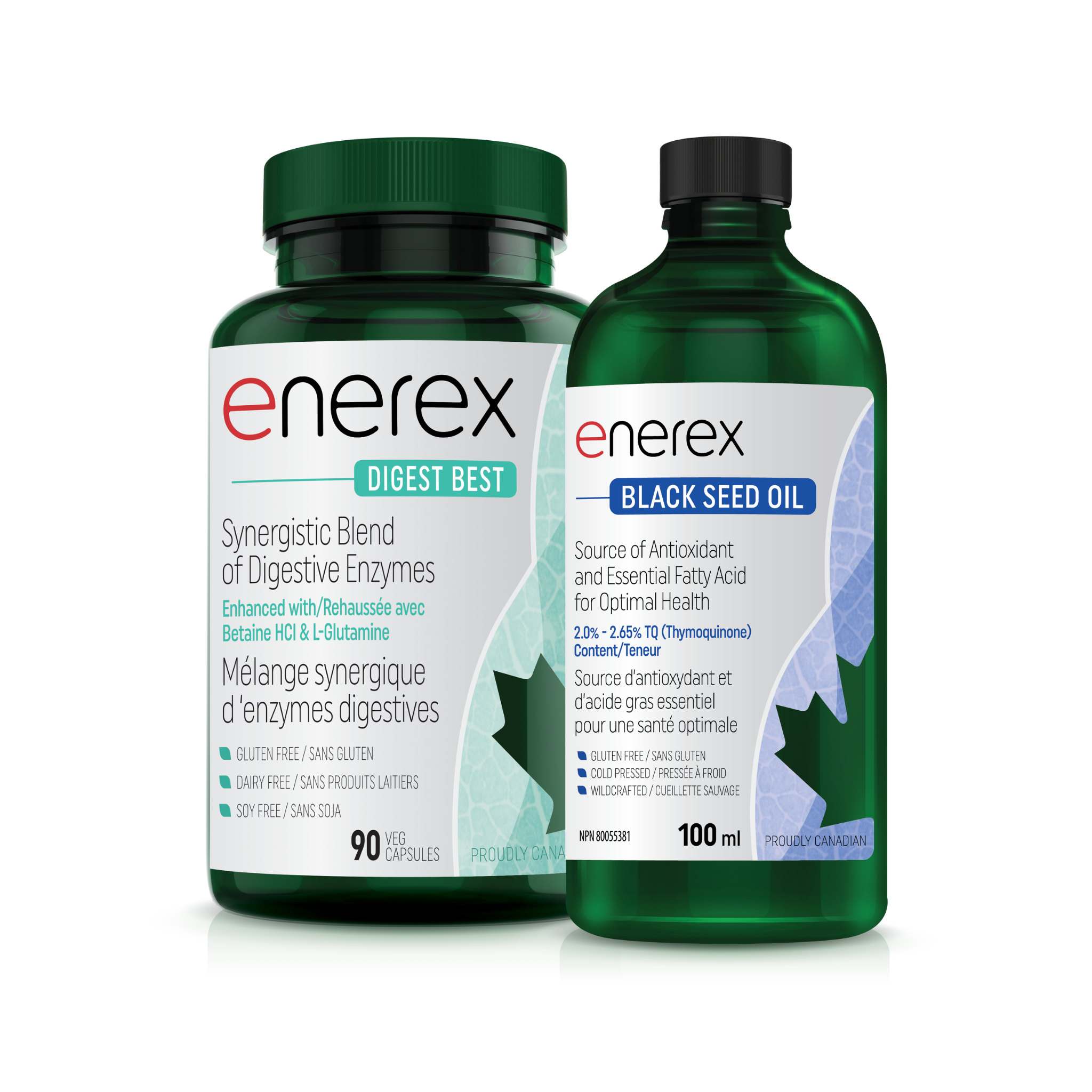
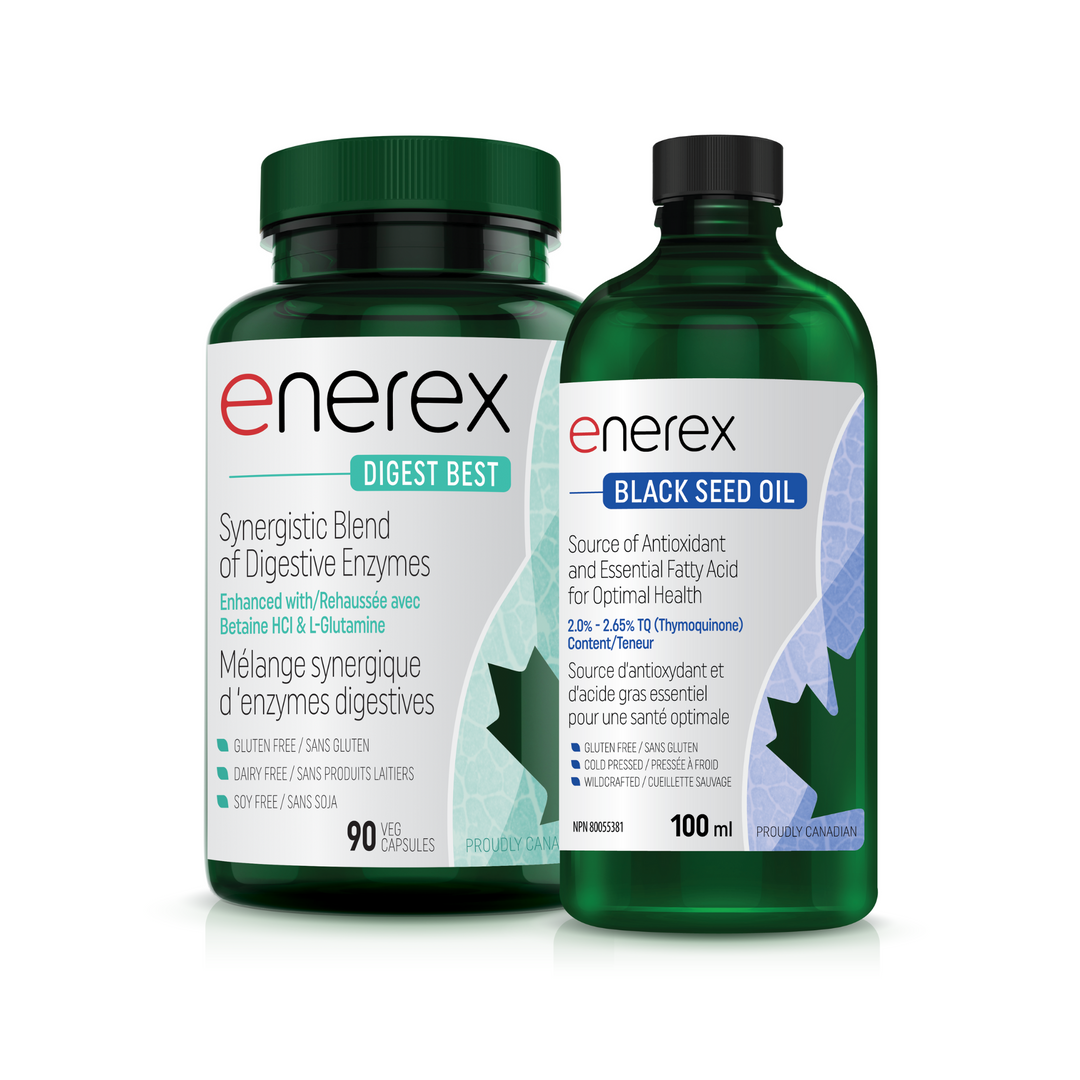
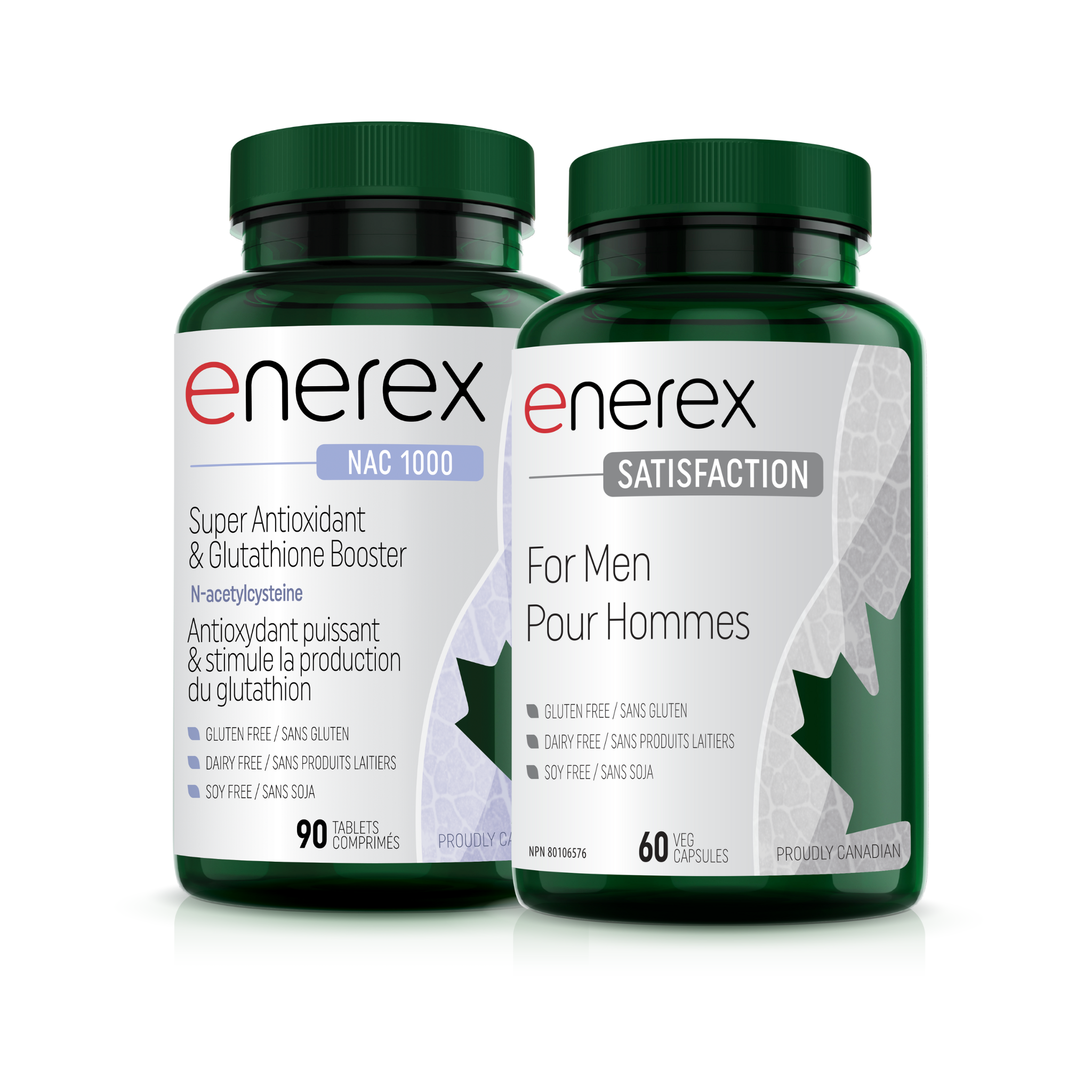
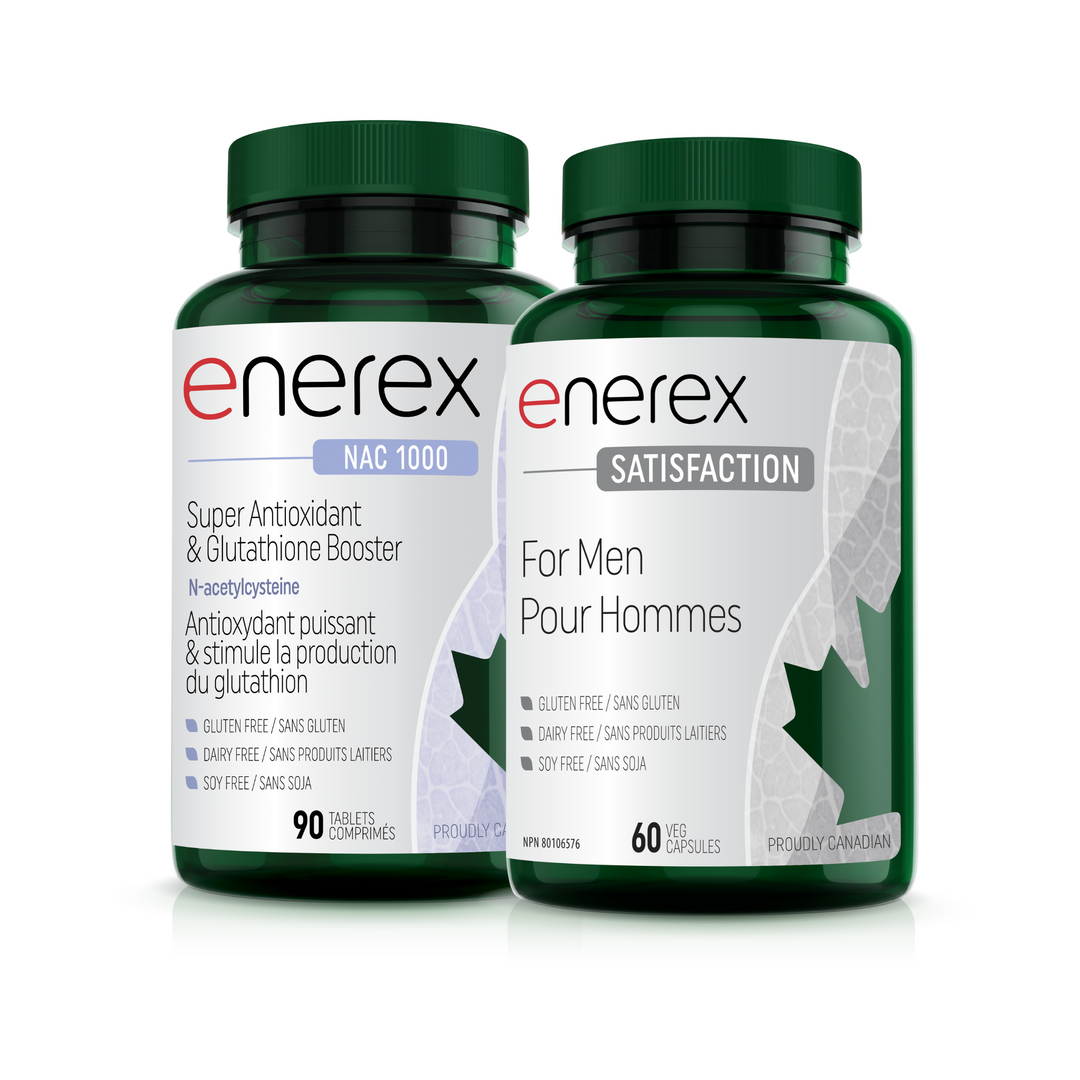
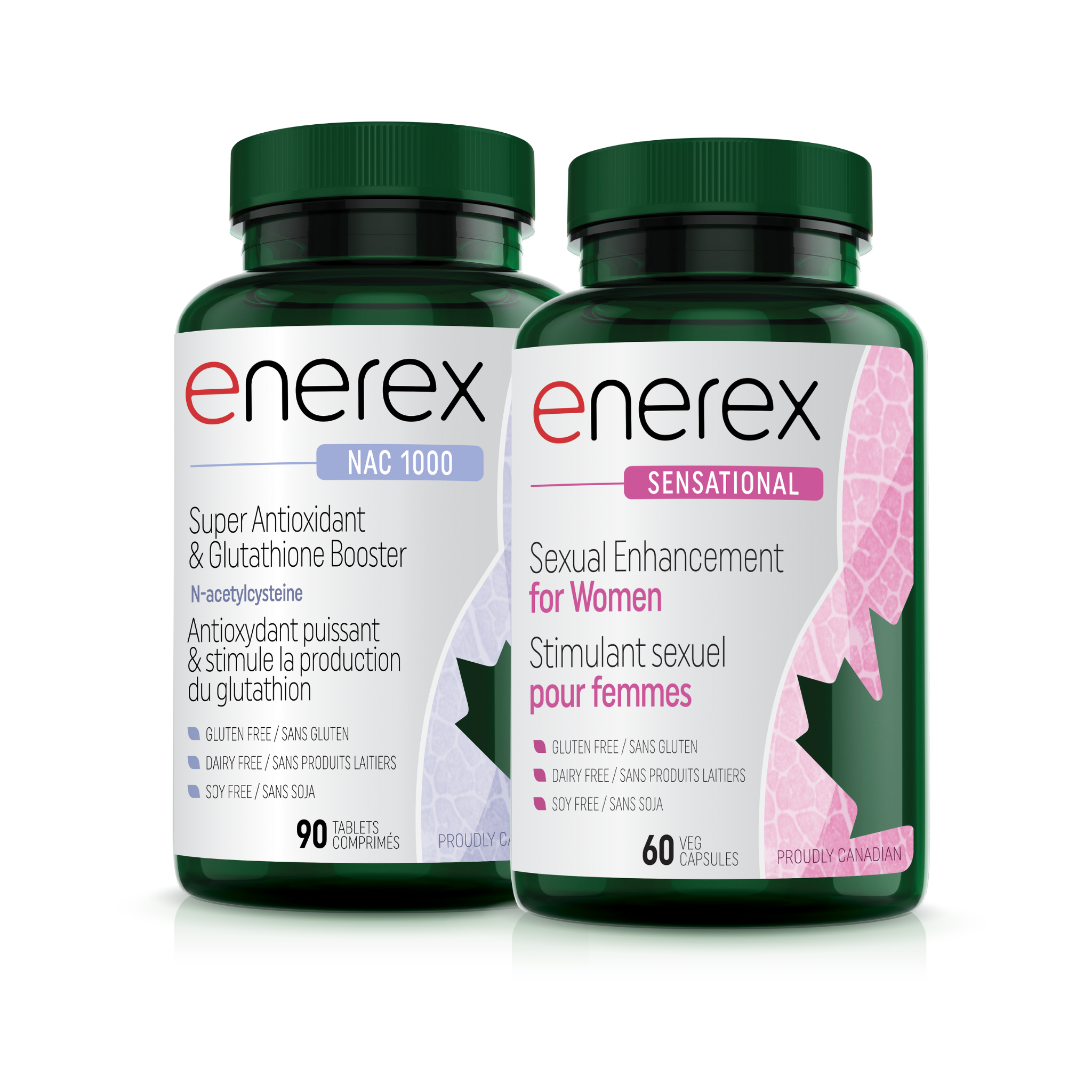
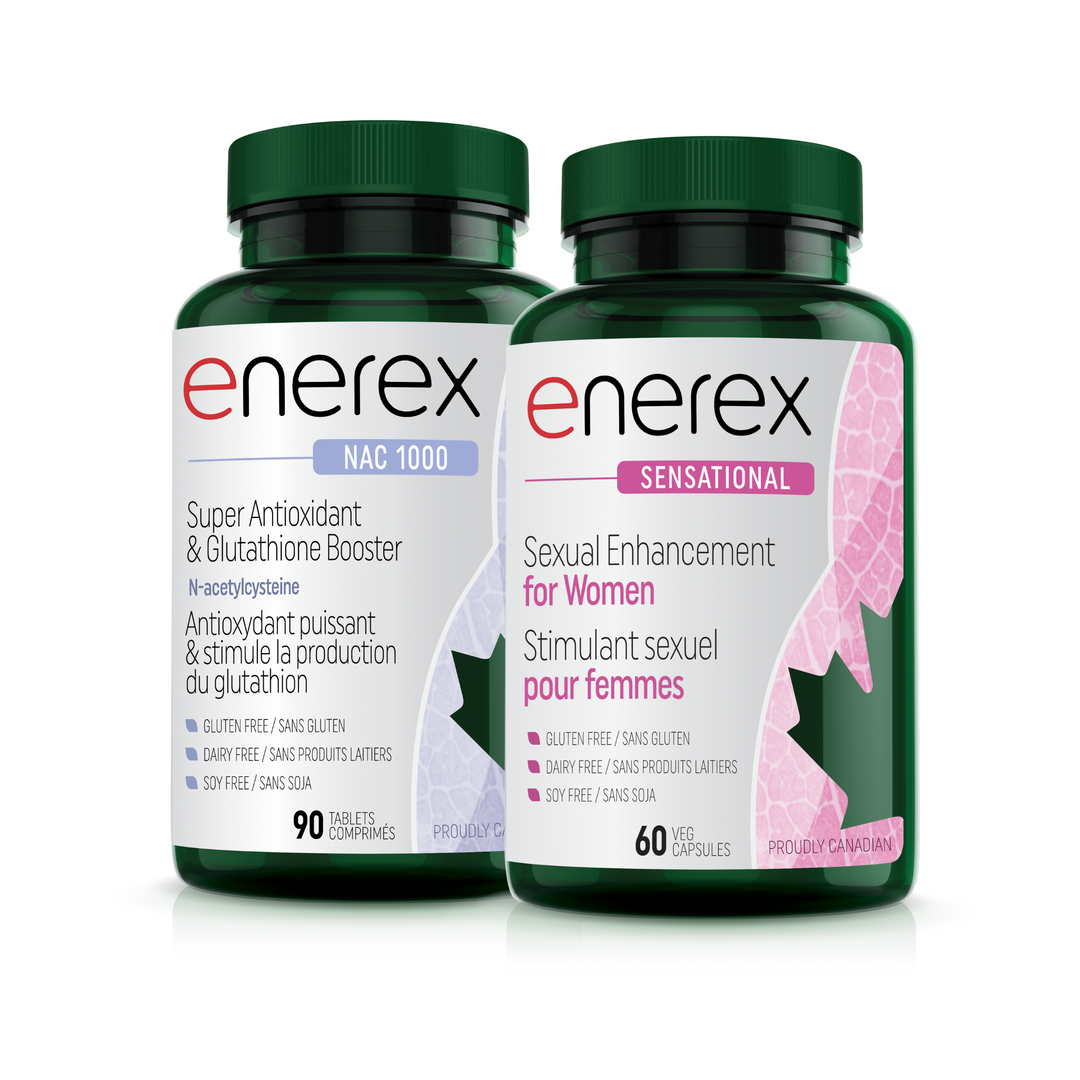
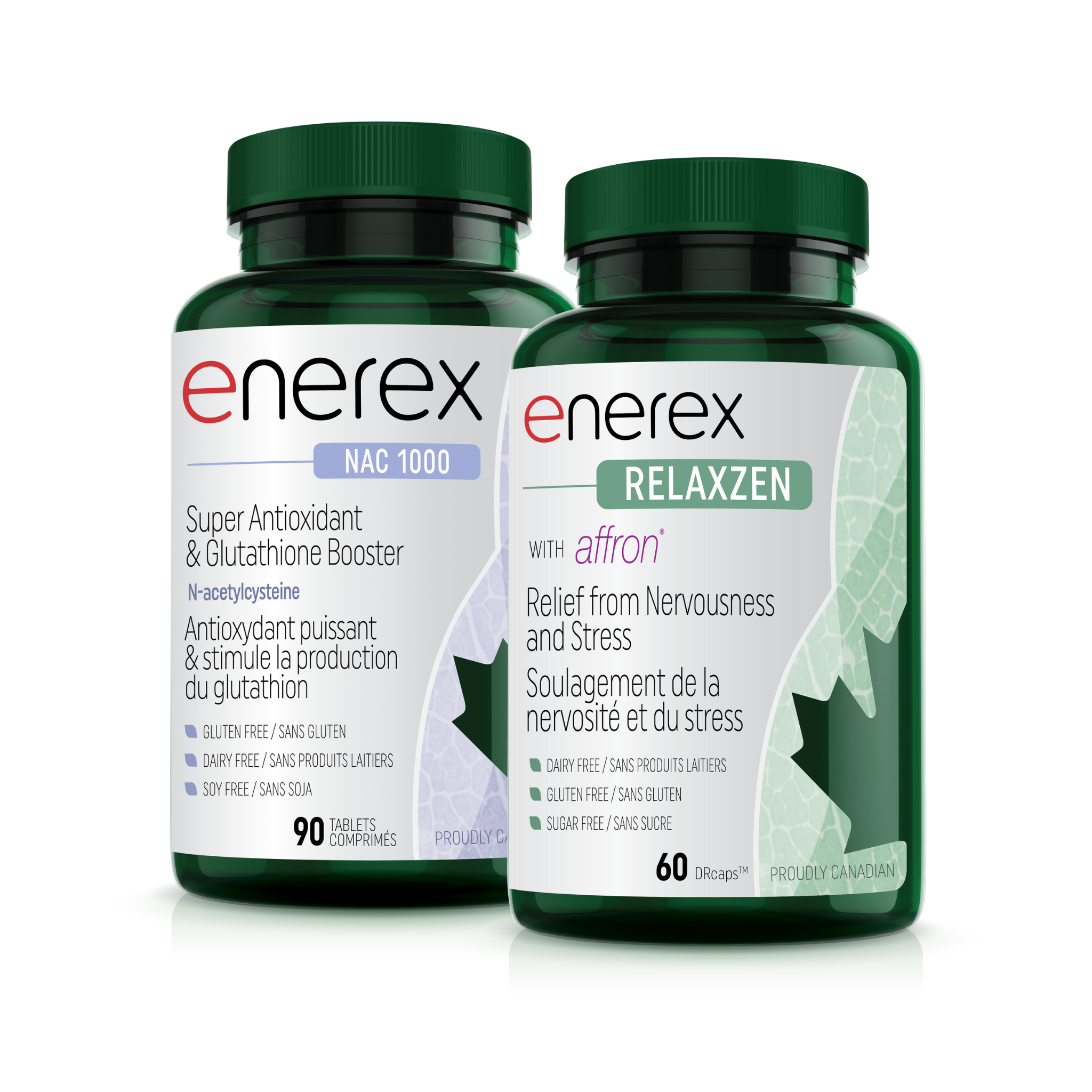
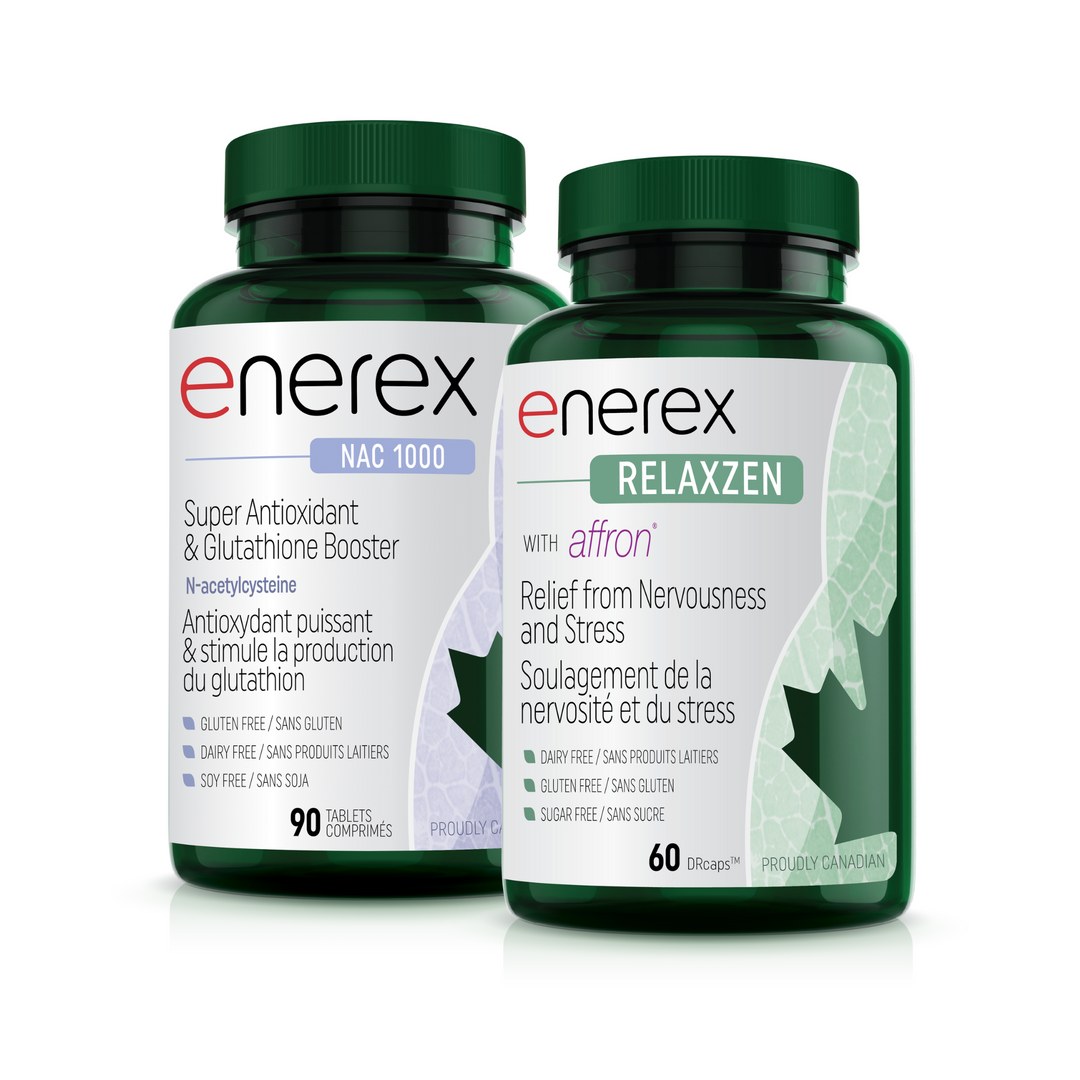
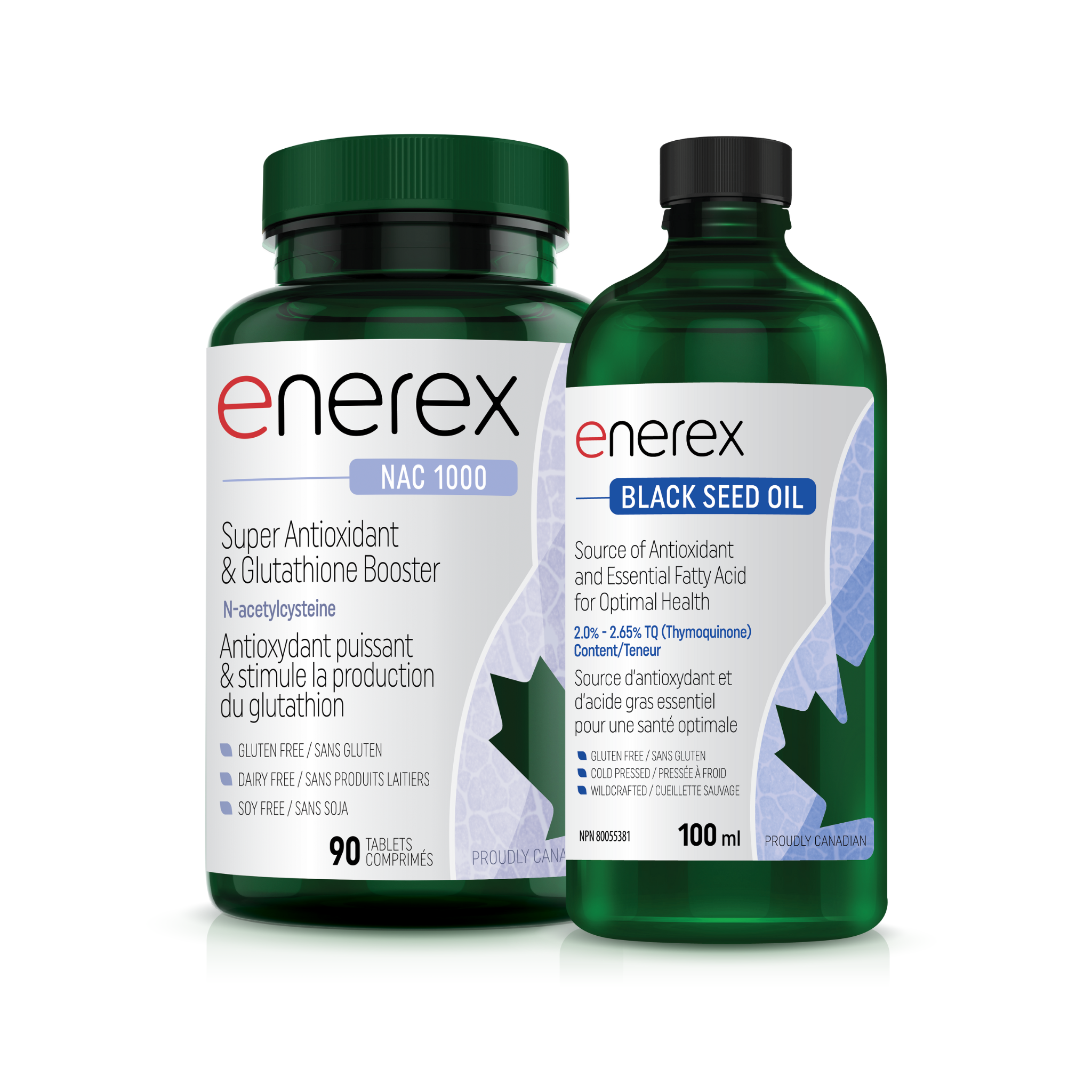
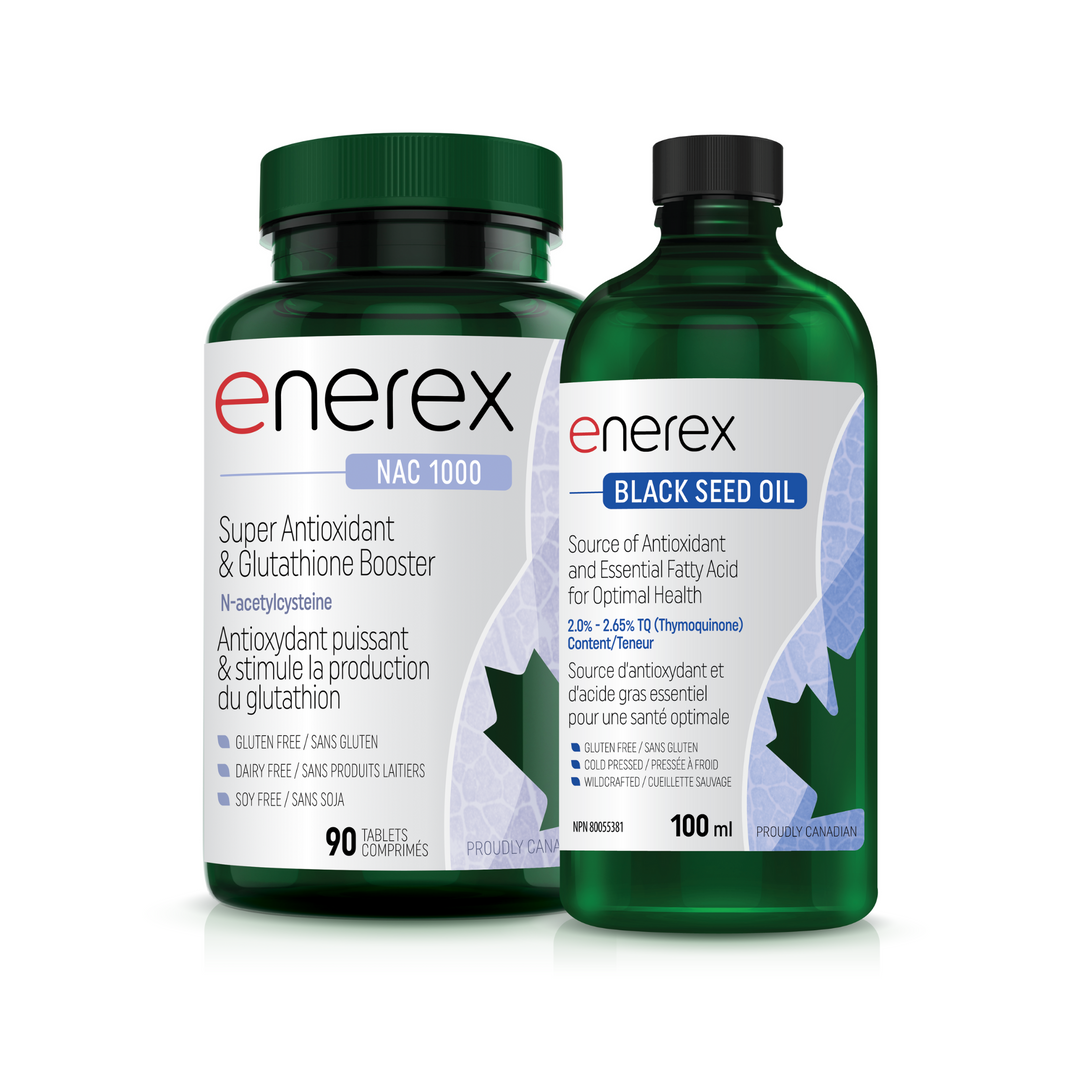
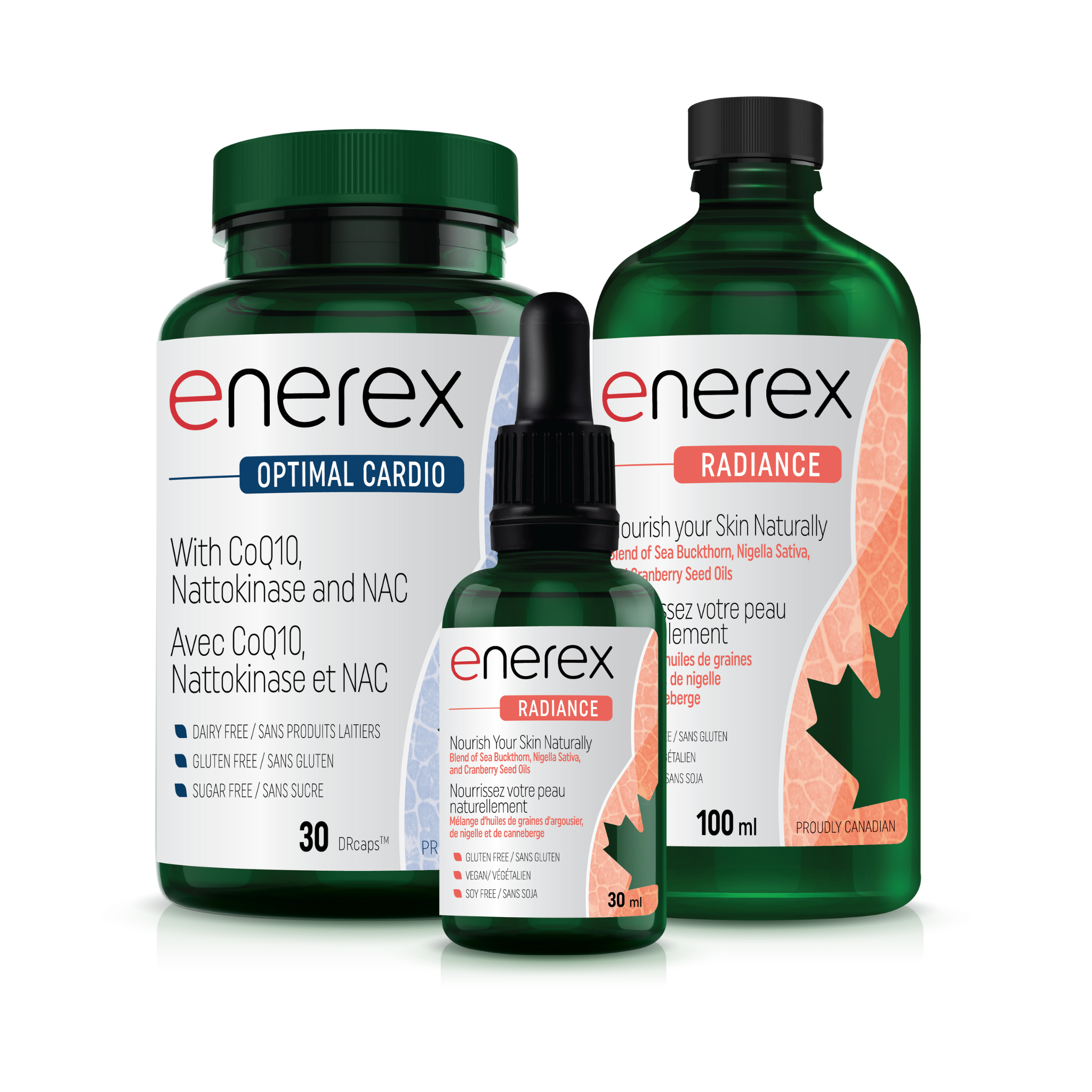
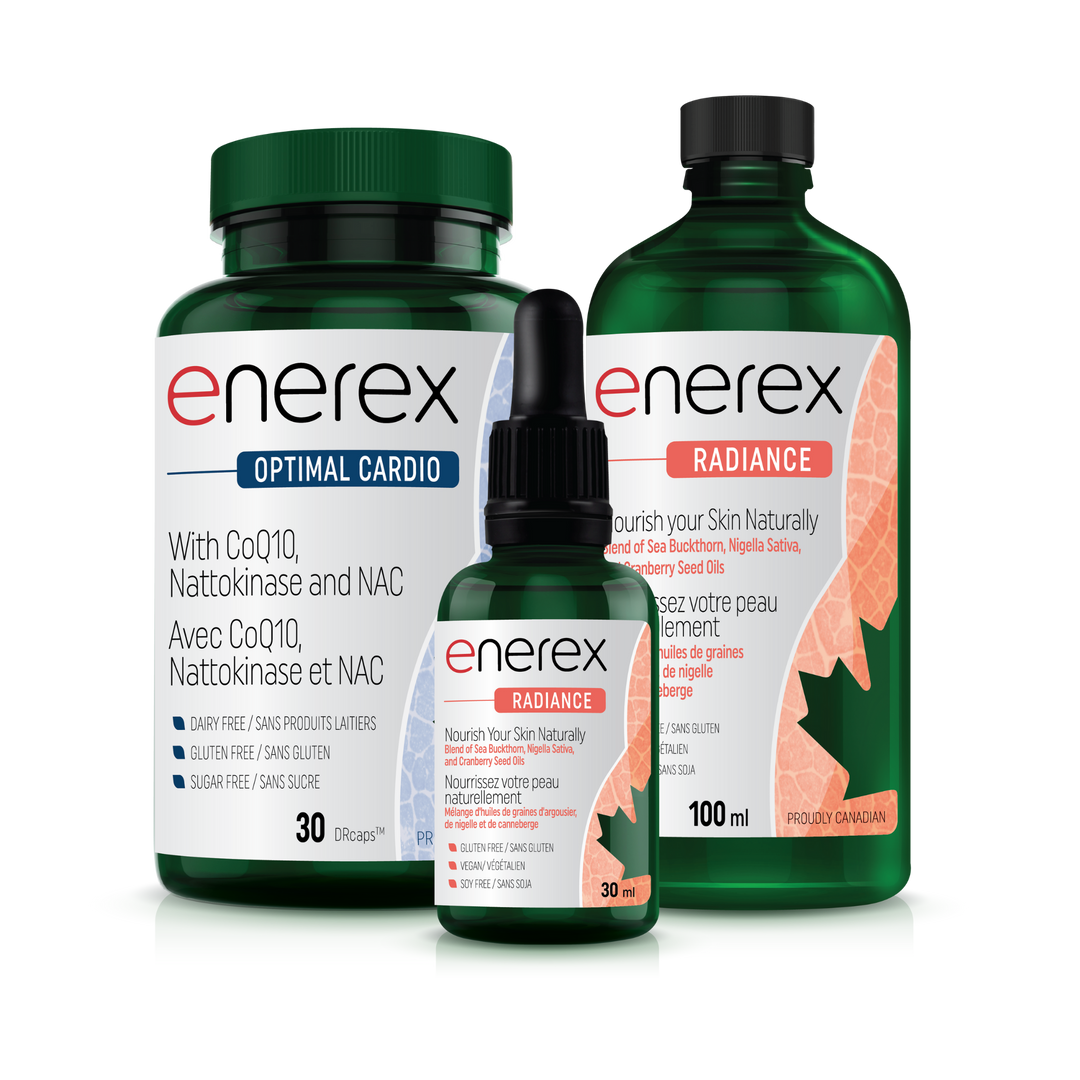


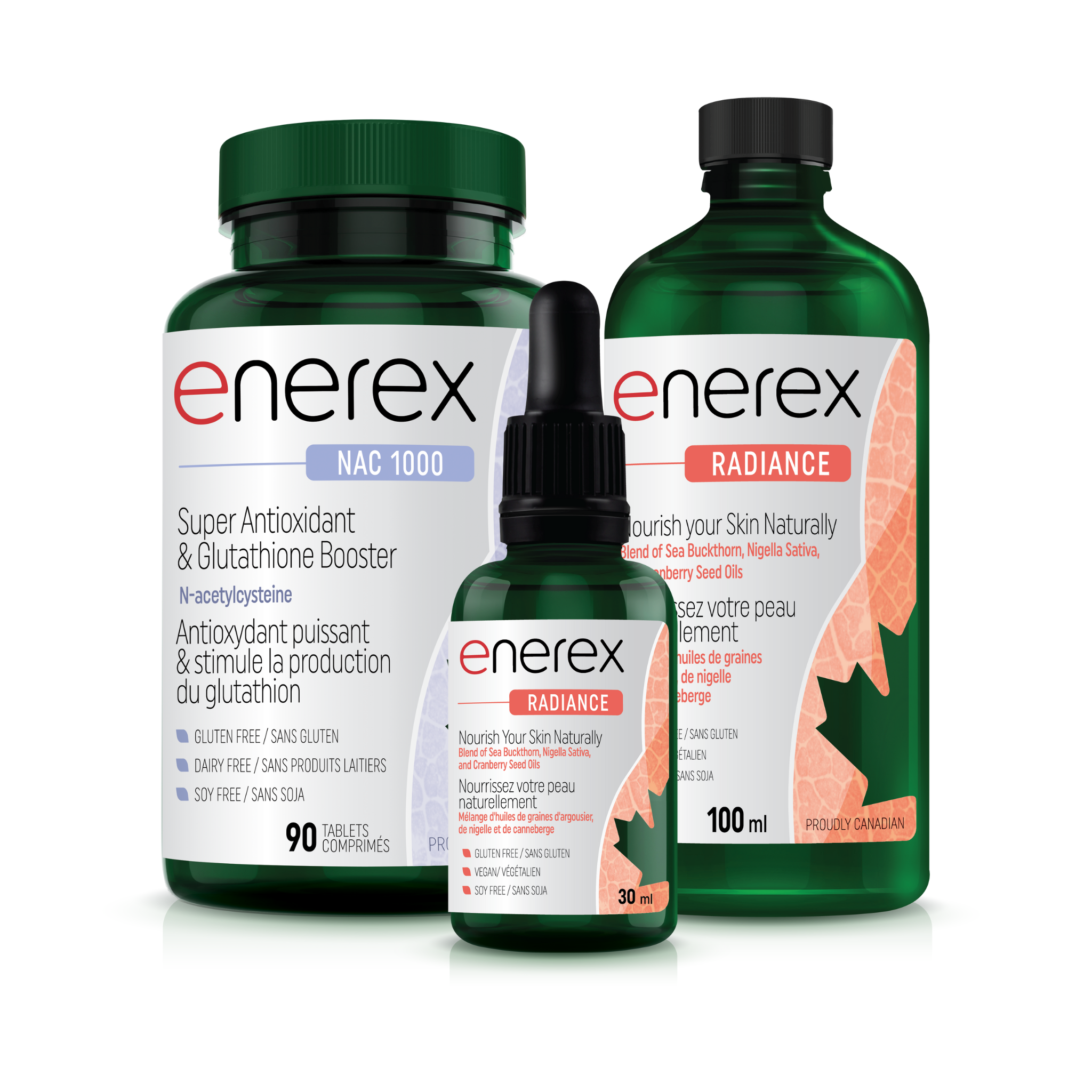
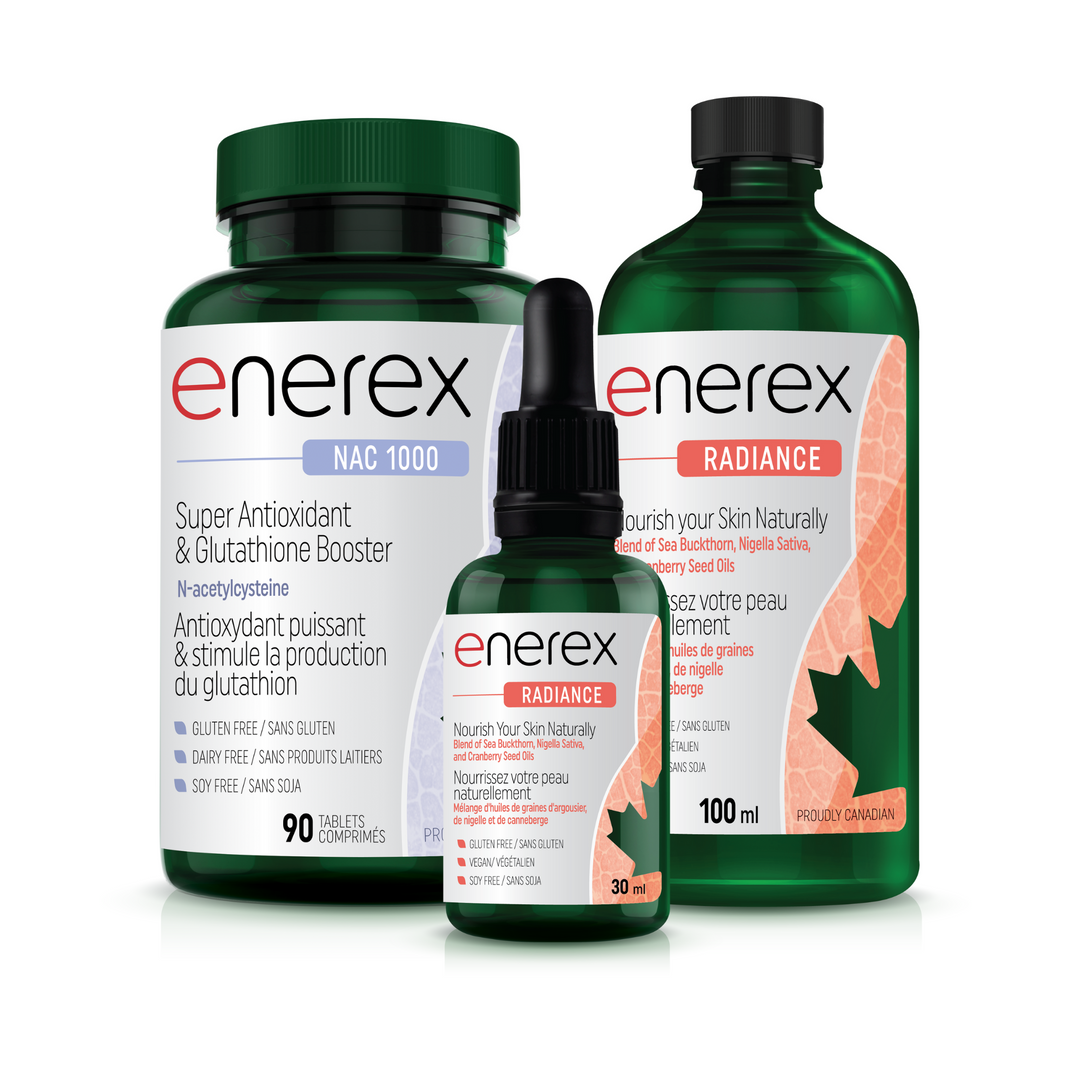
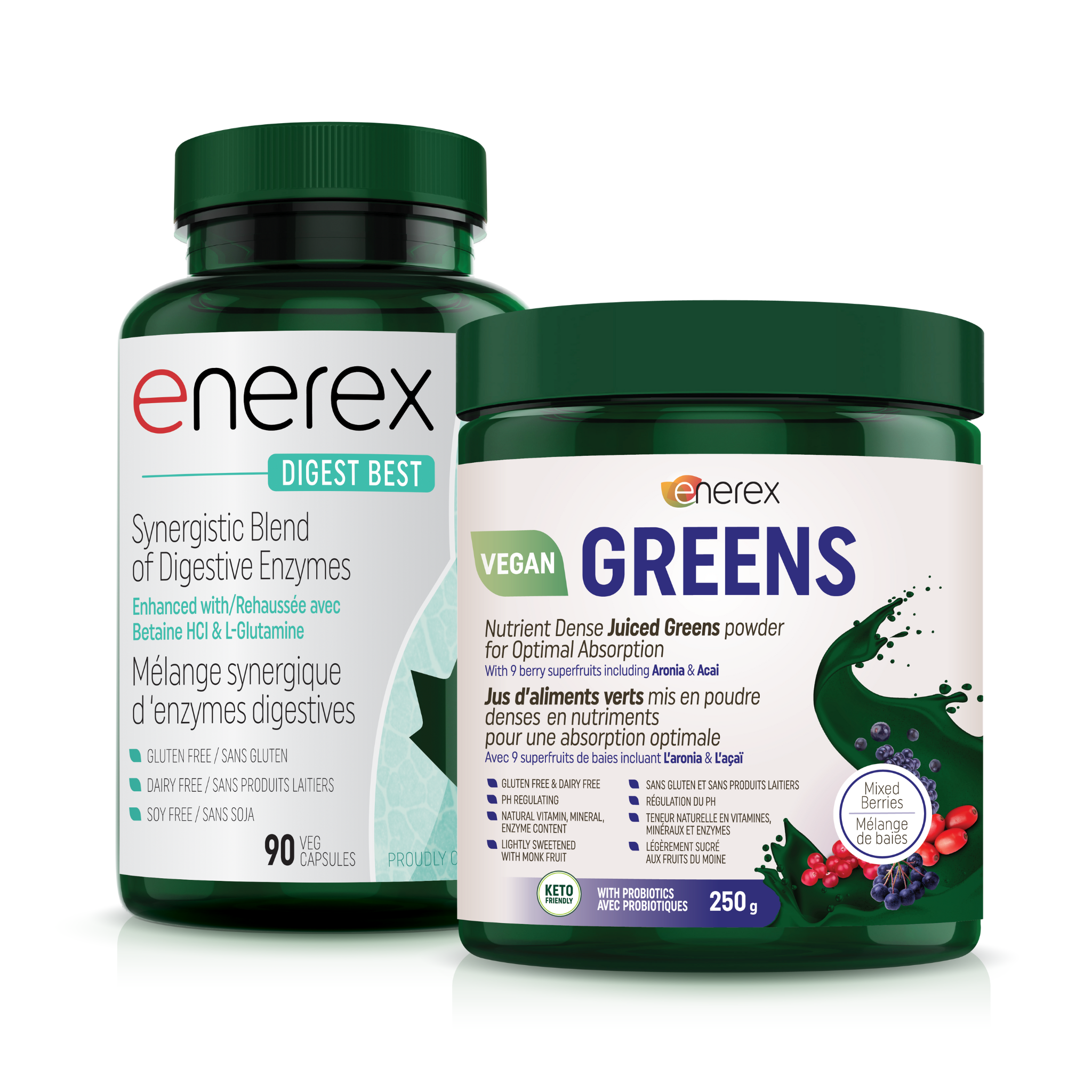
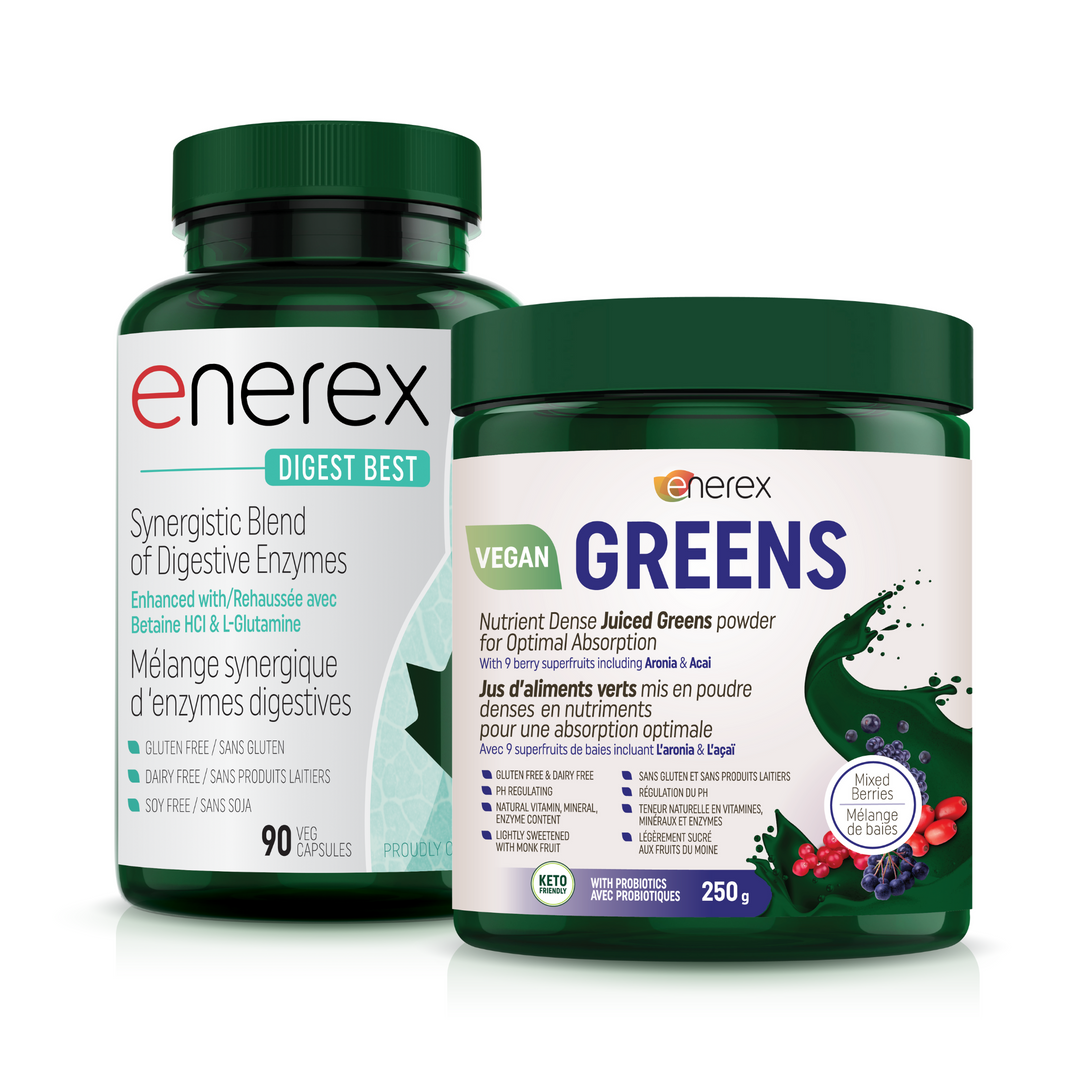
Leave a comment